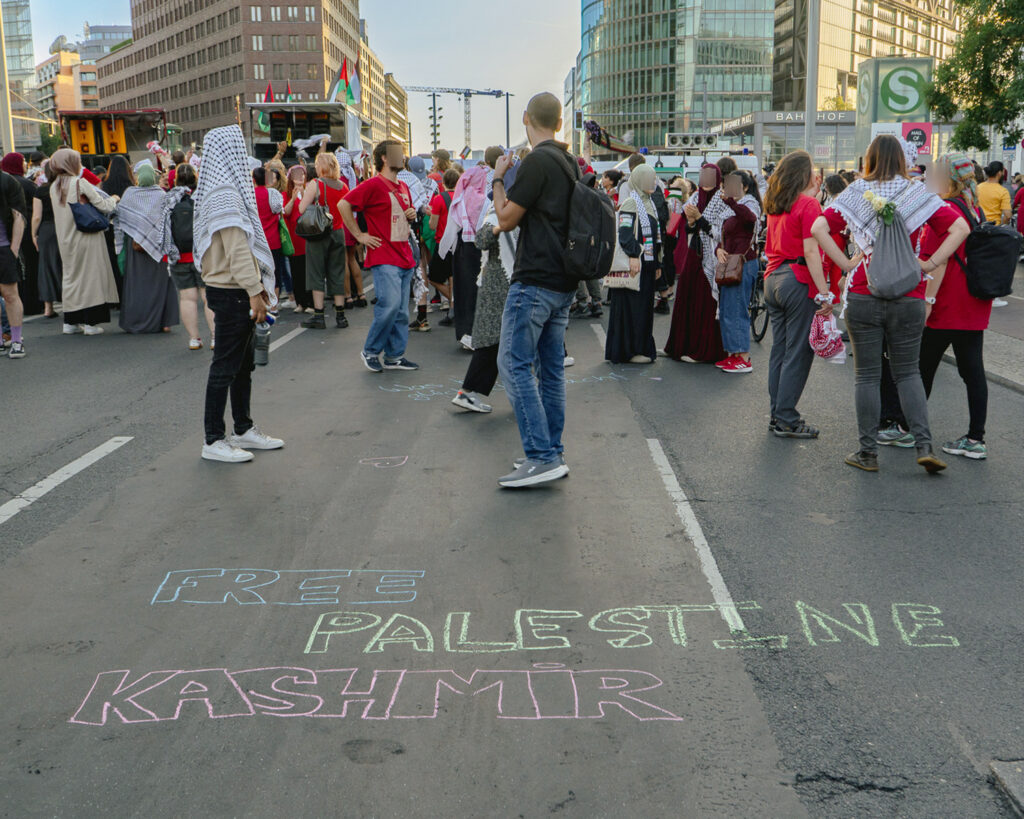
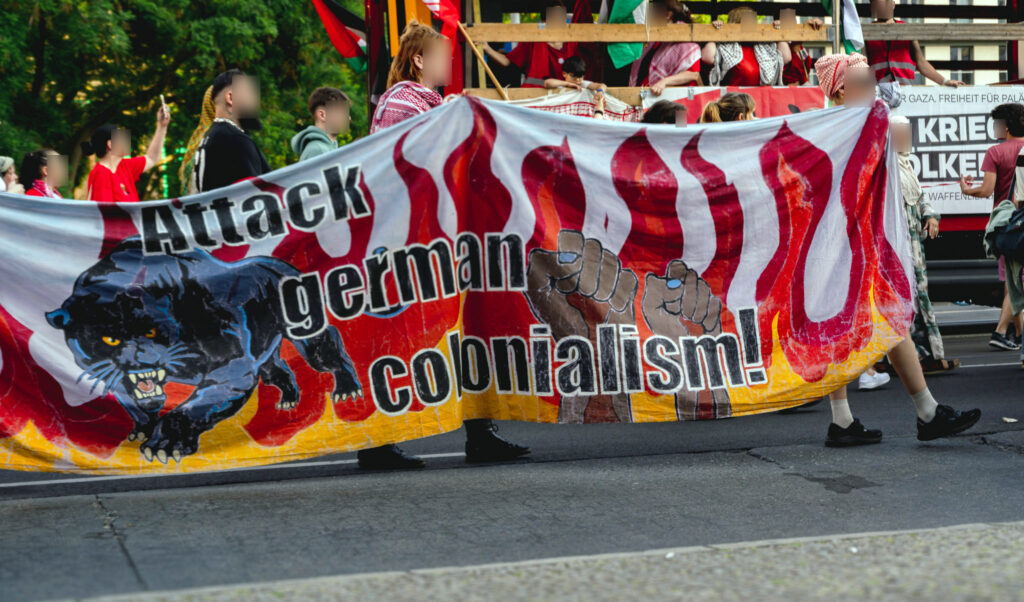
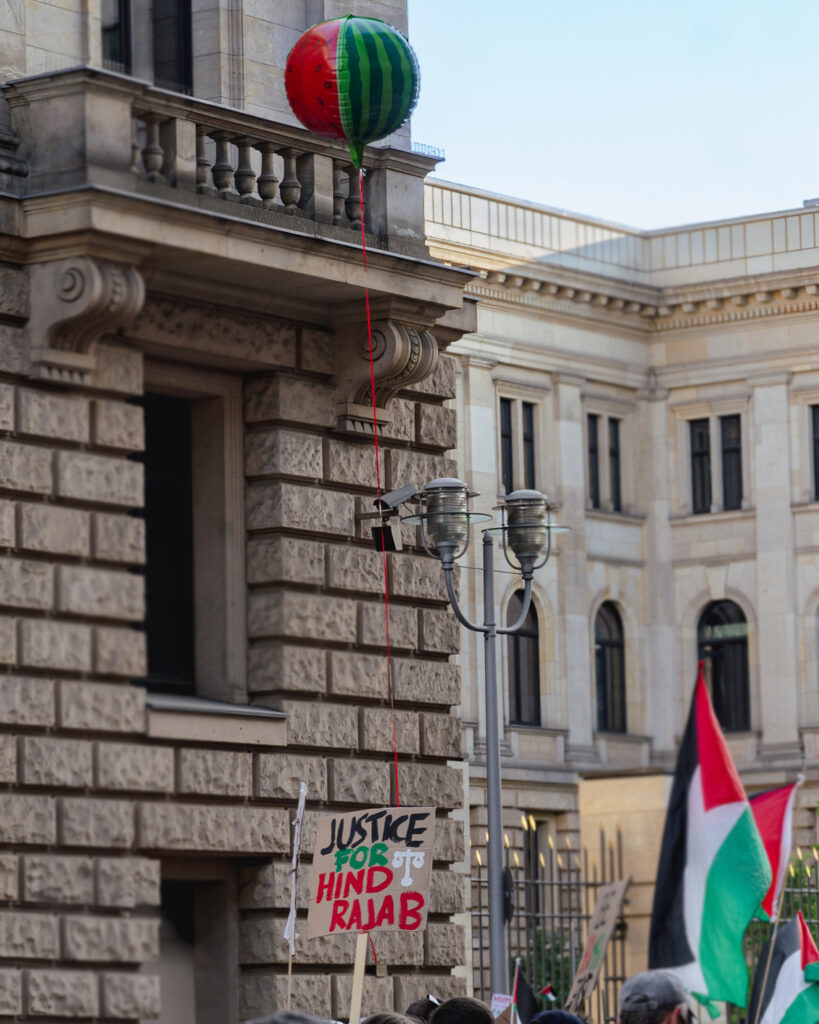
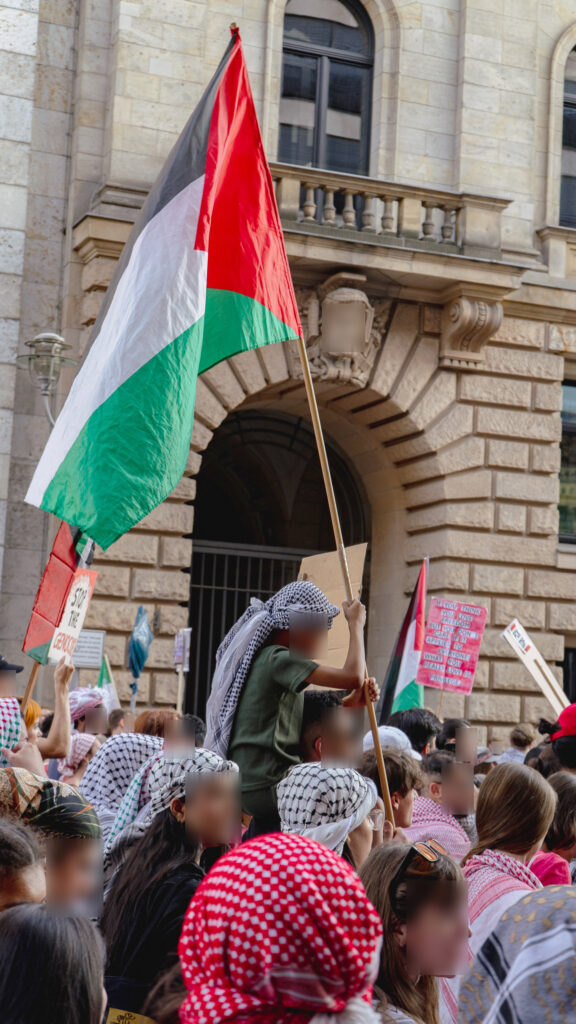
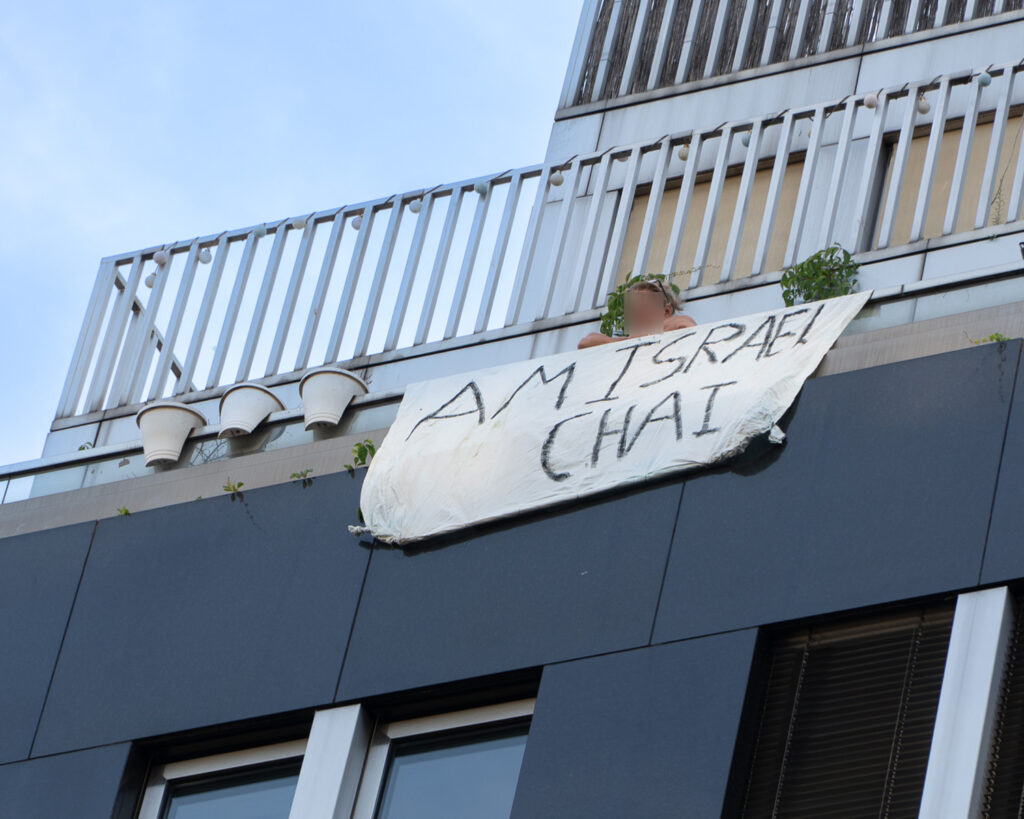
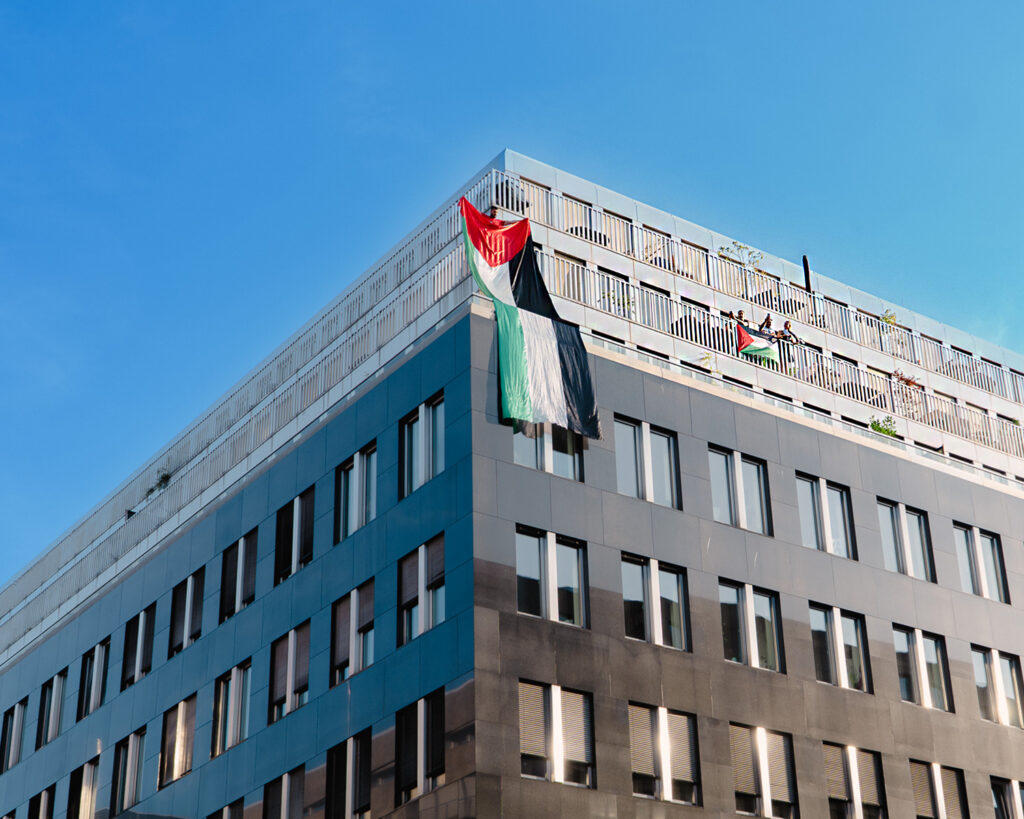
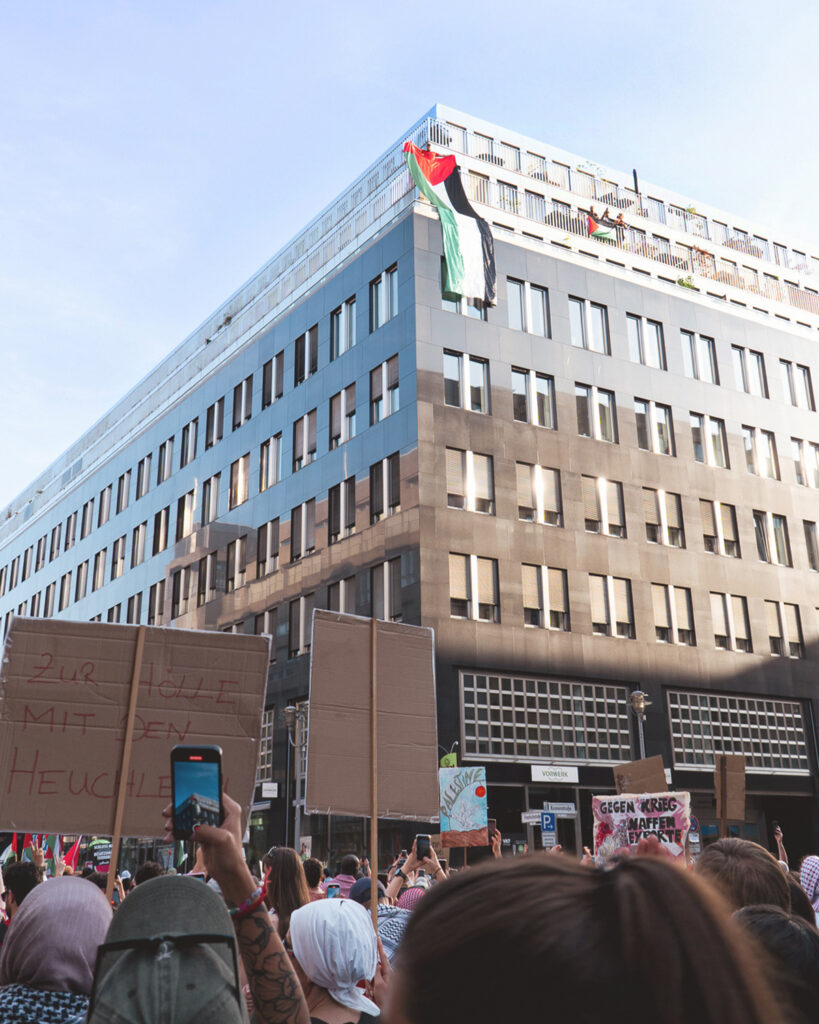
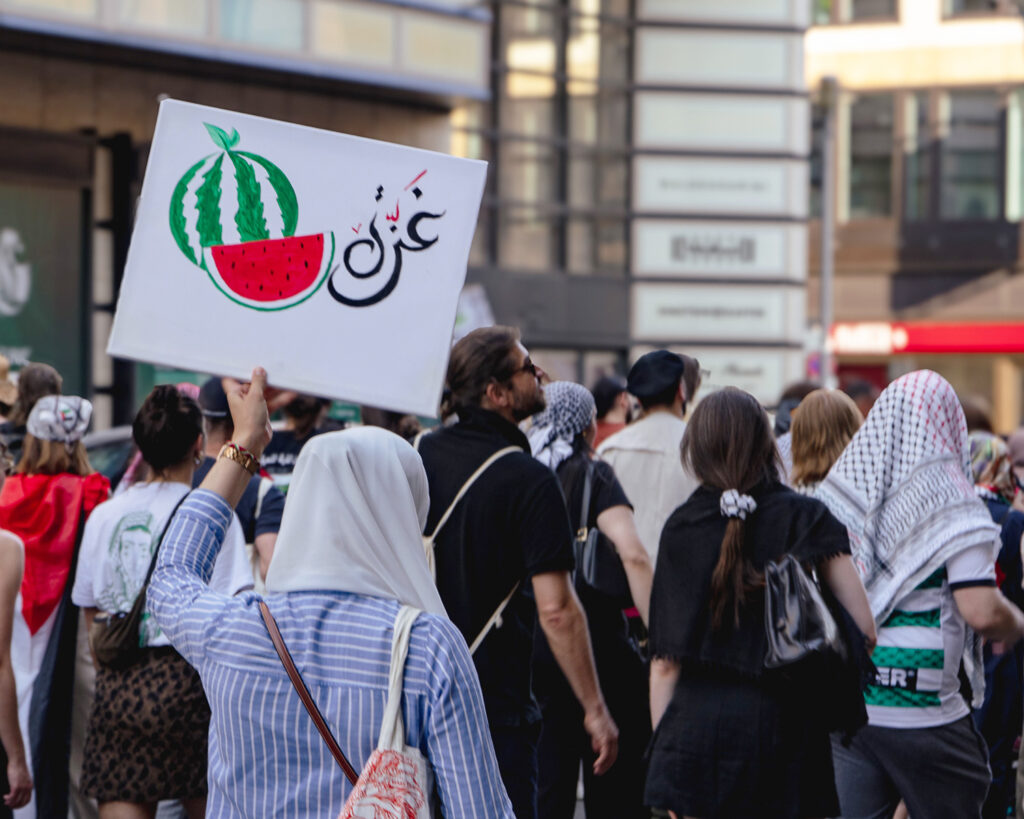
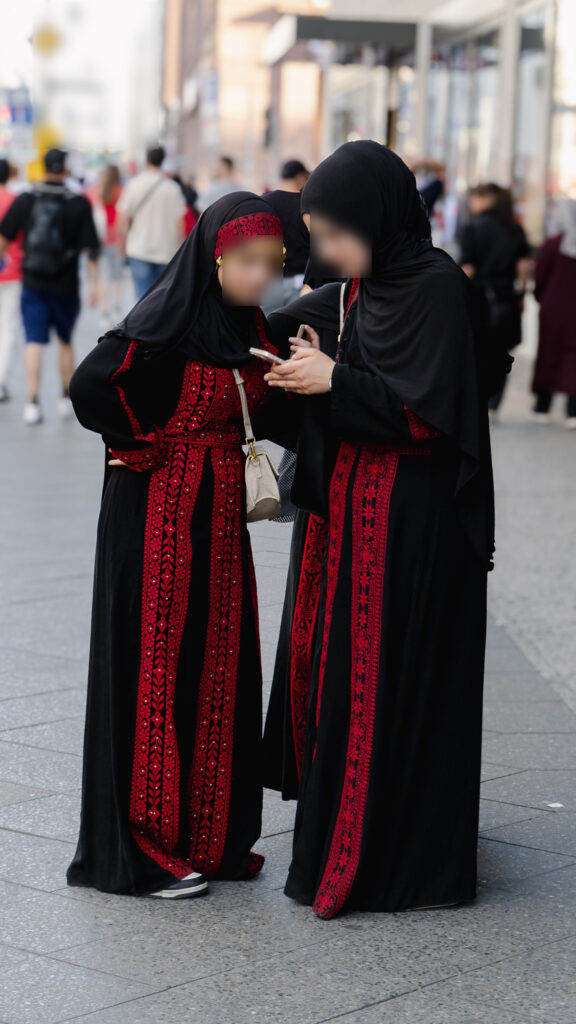
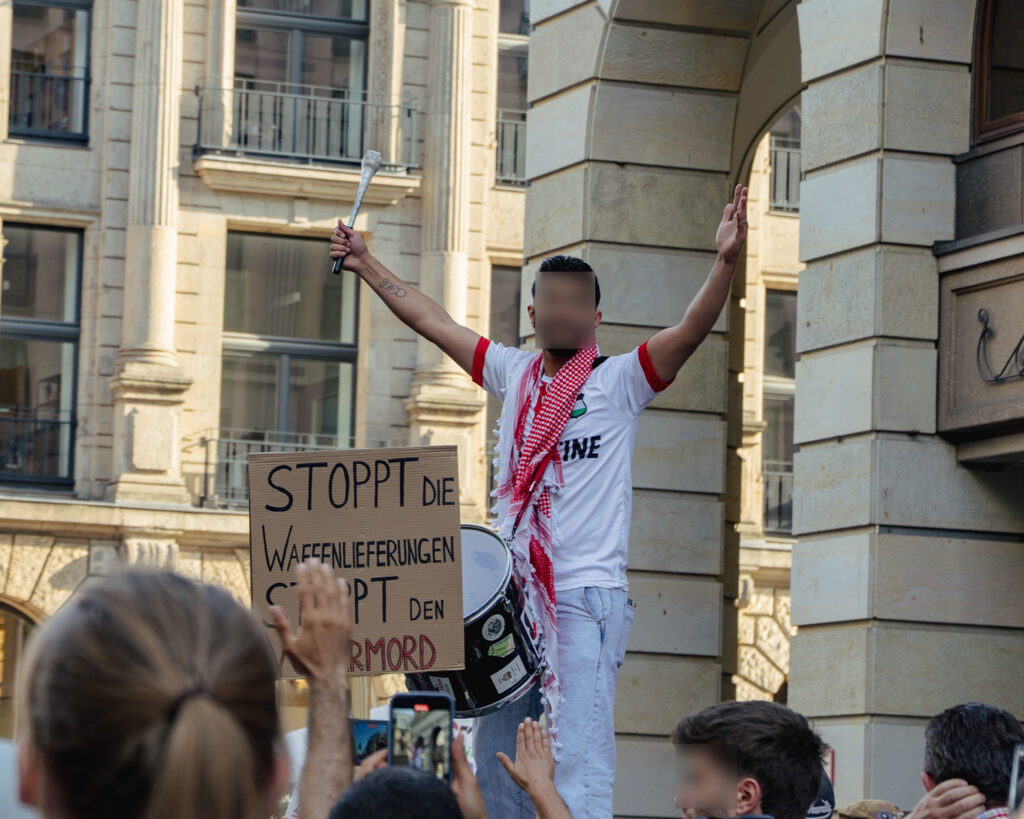
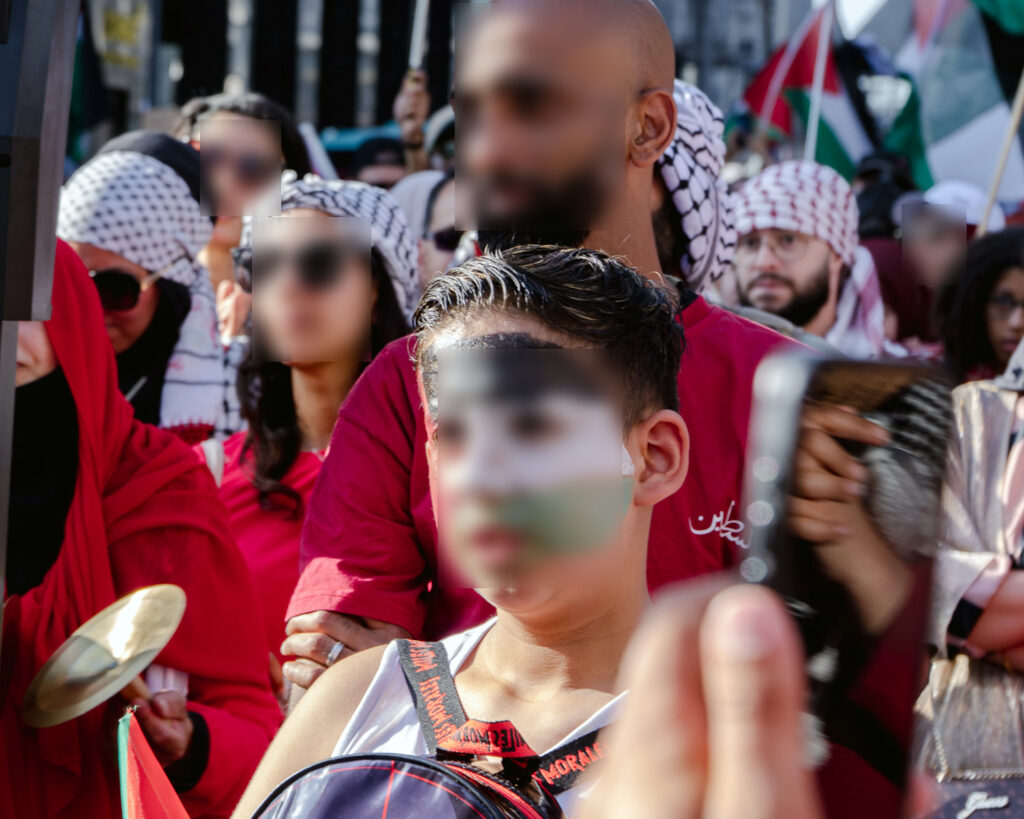
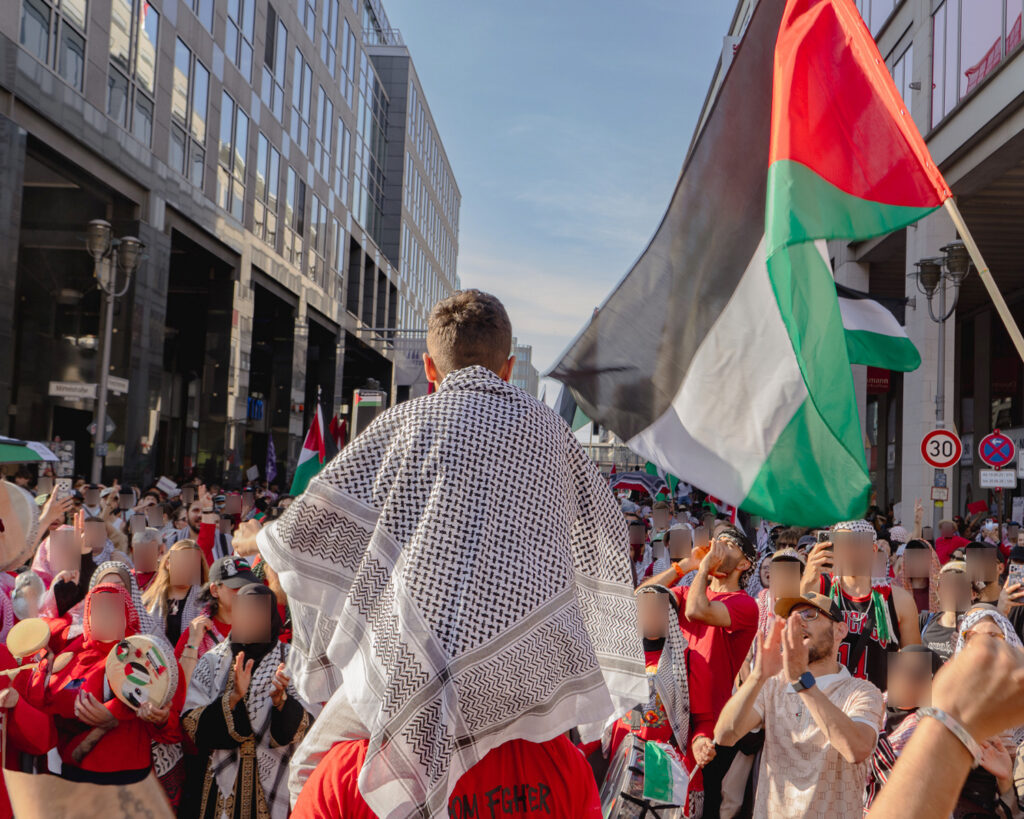
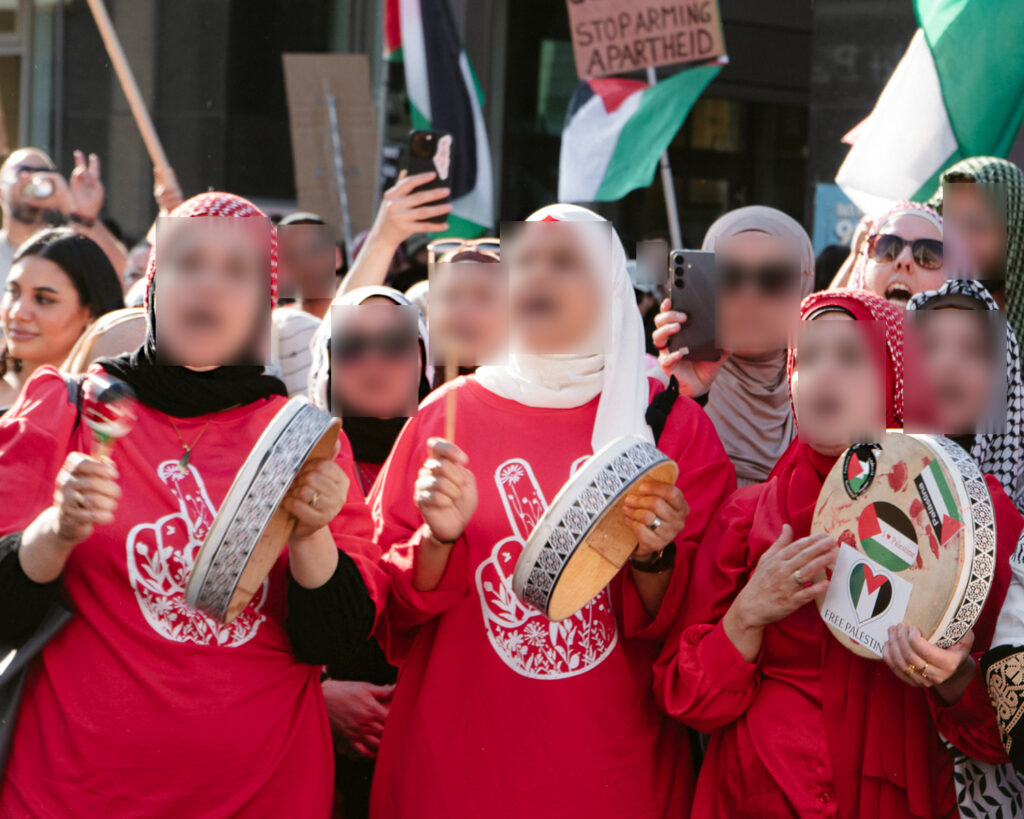
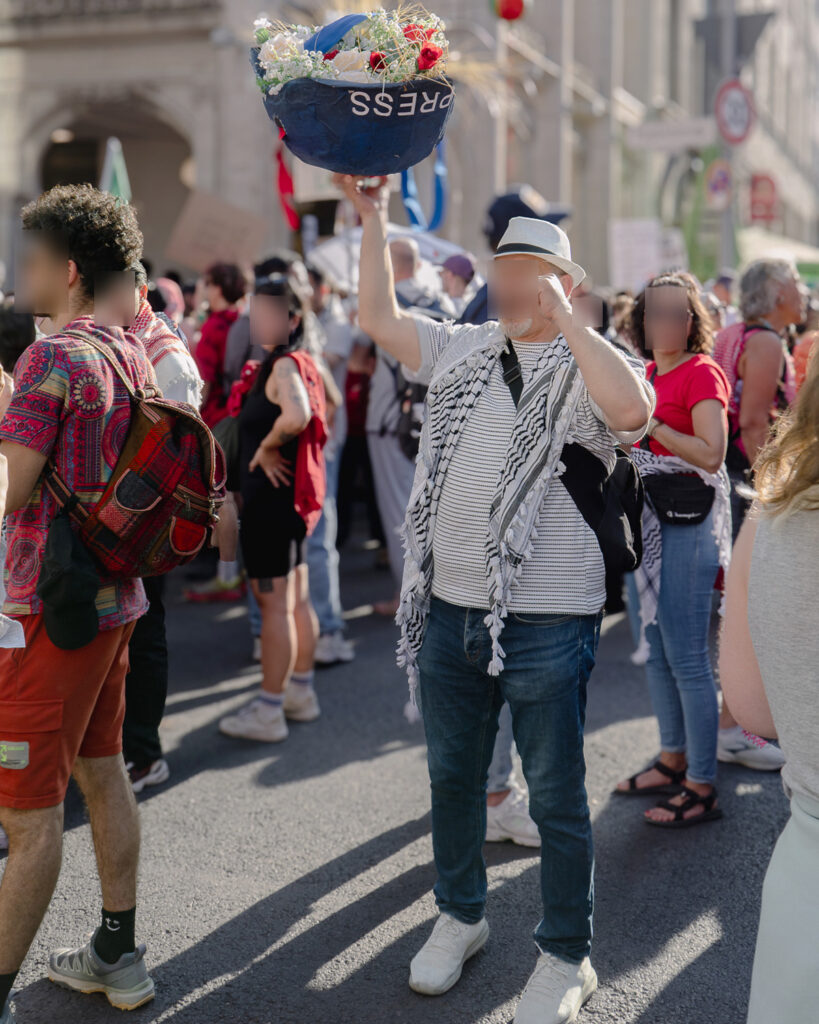
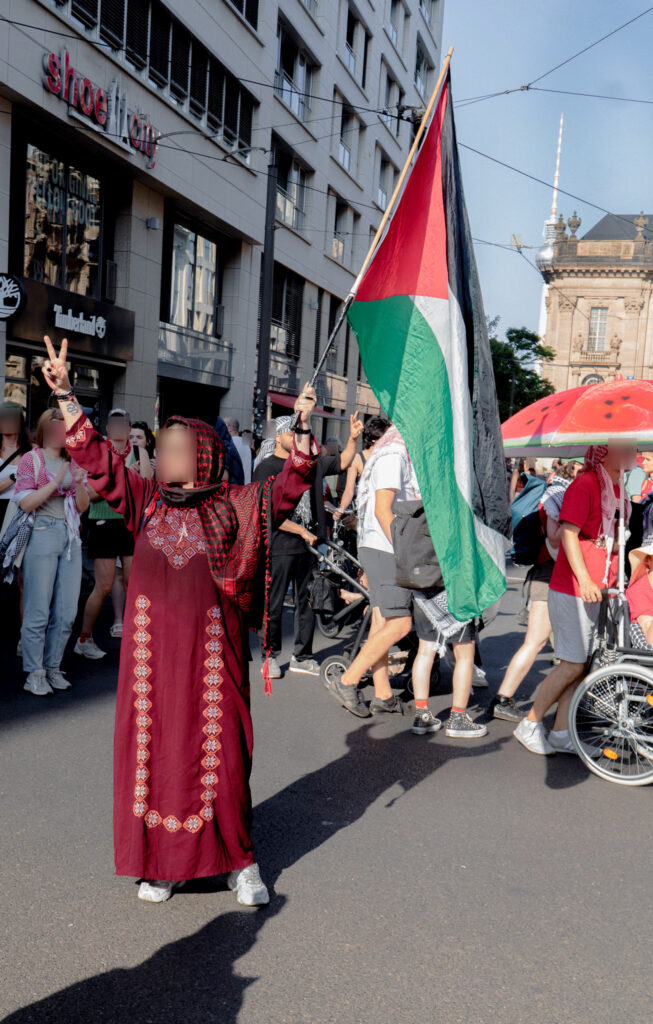
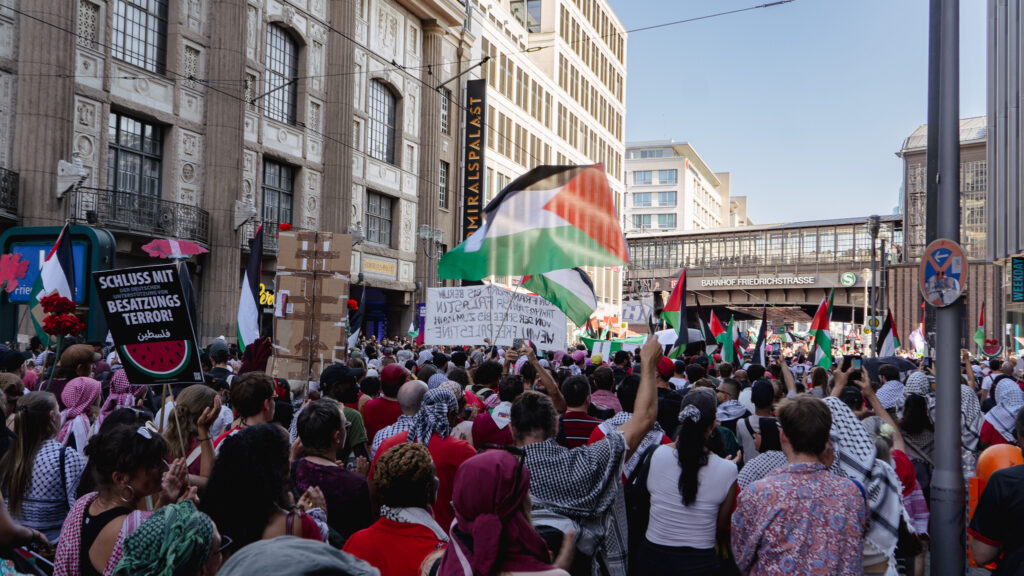
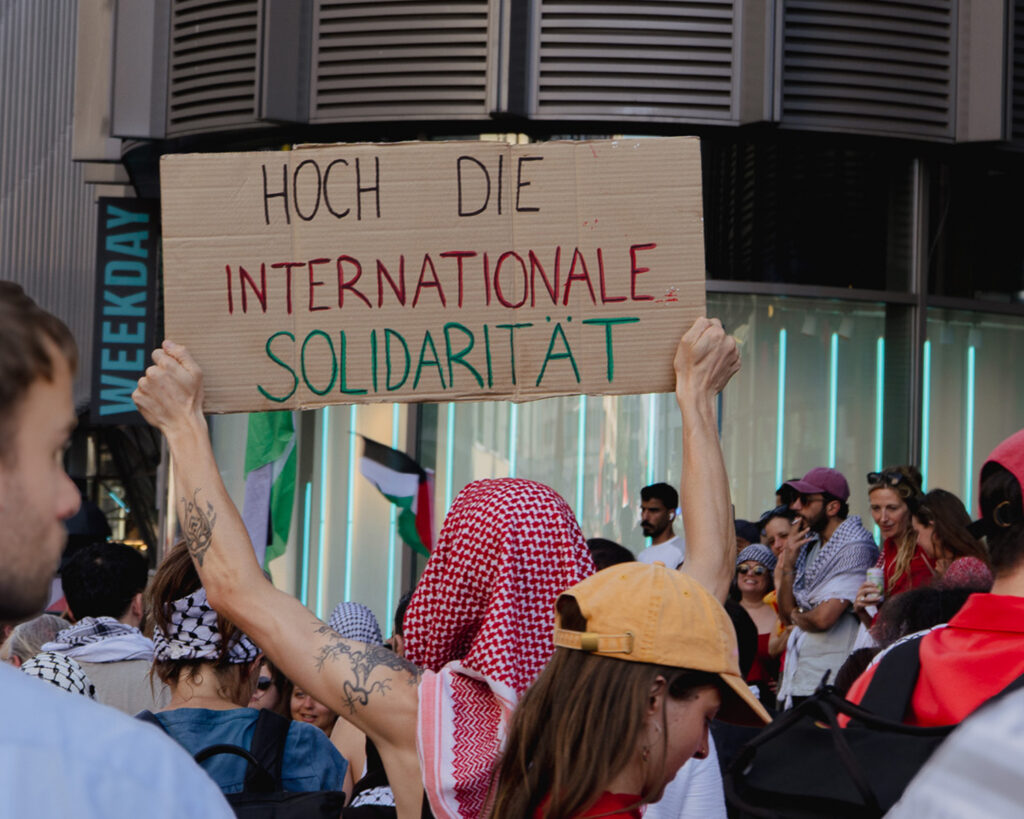
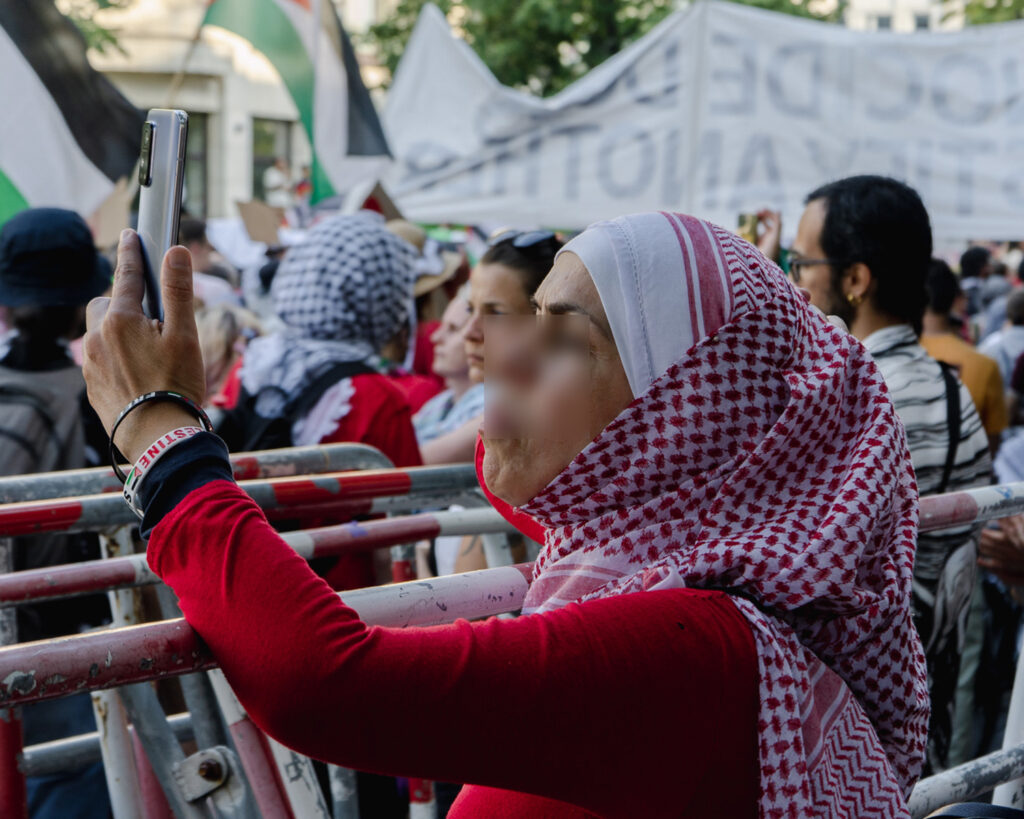
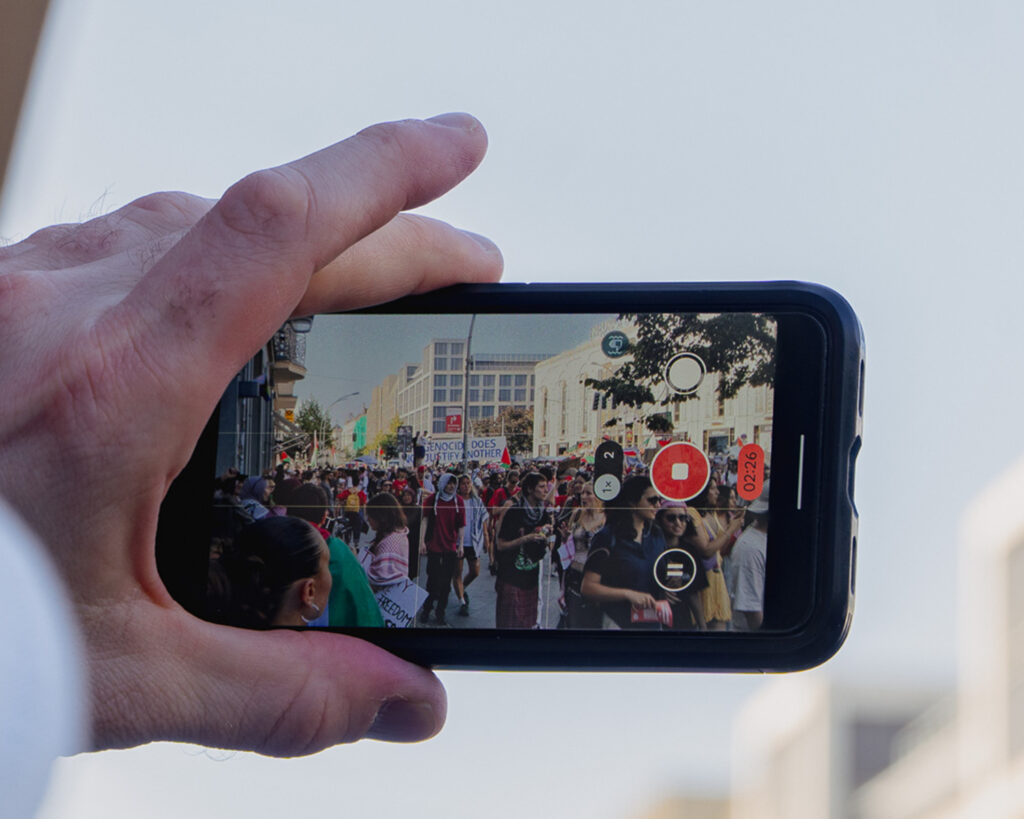
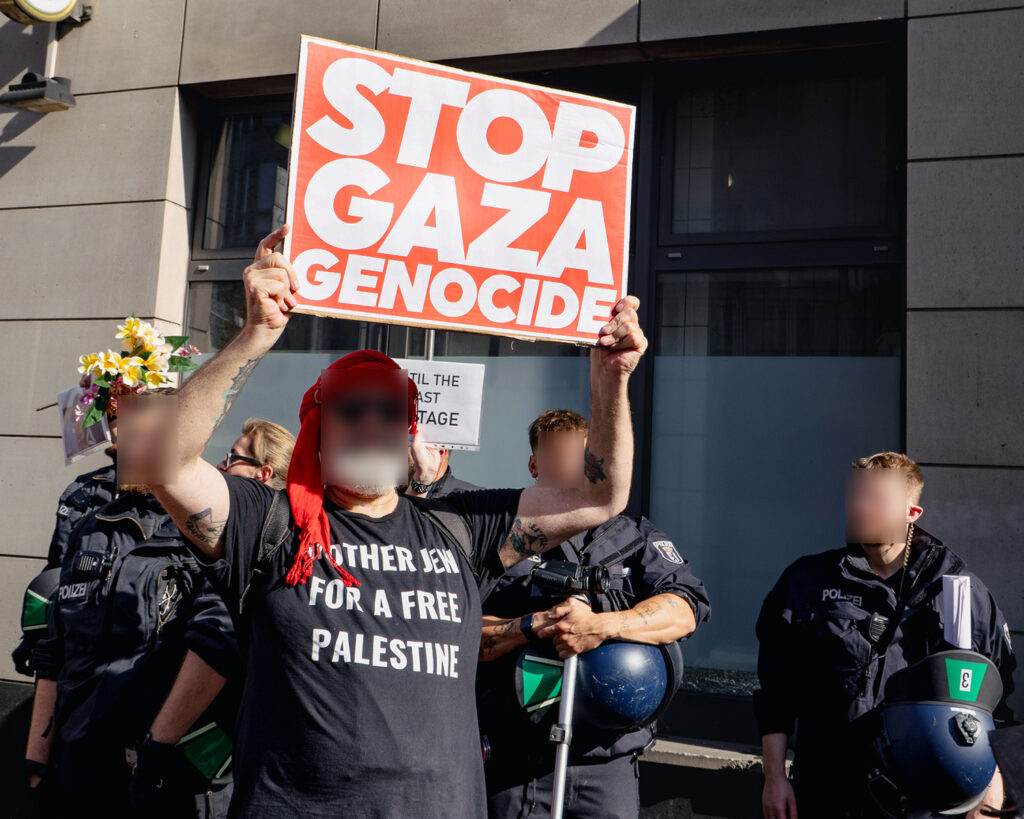
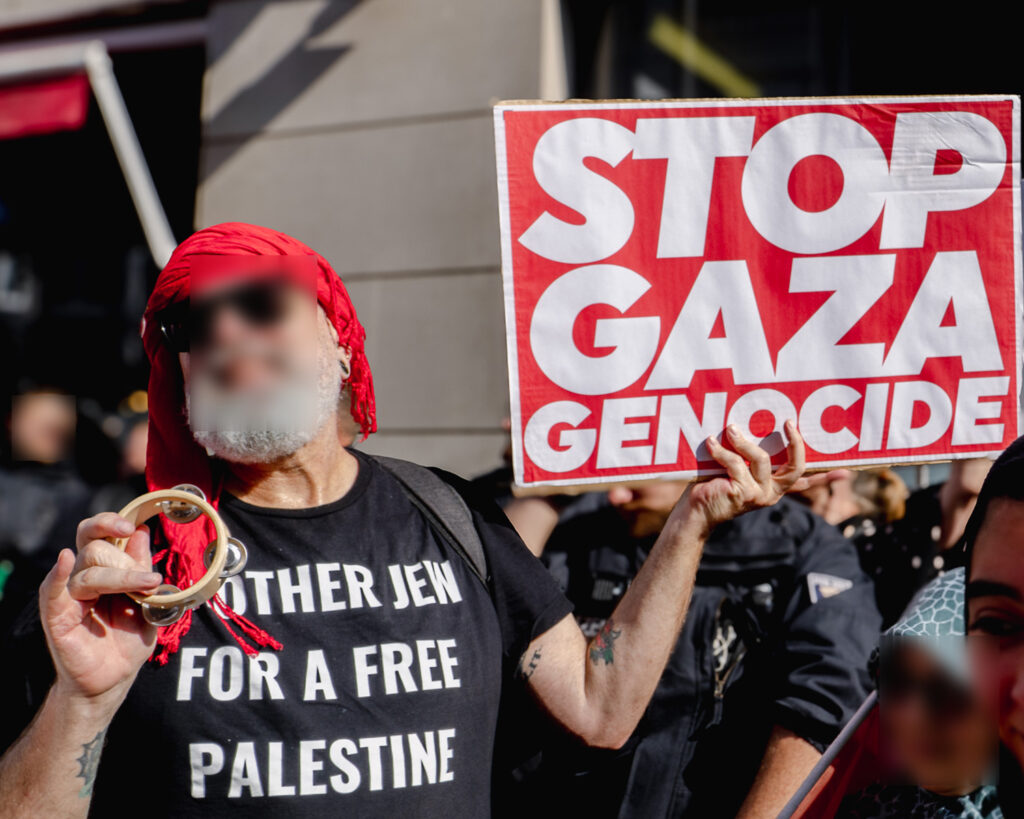
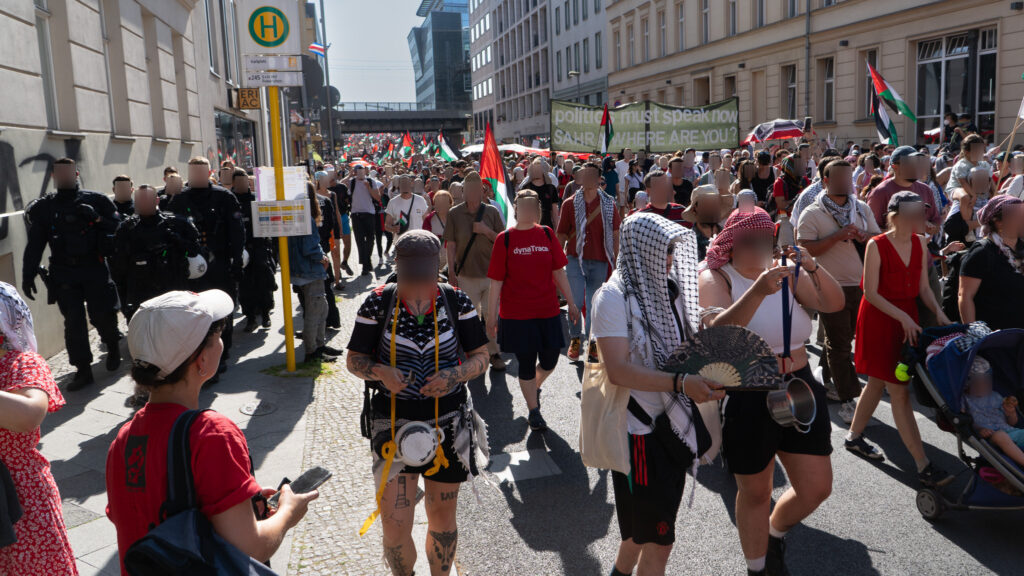
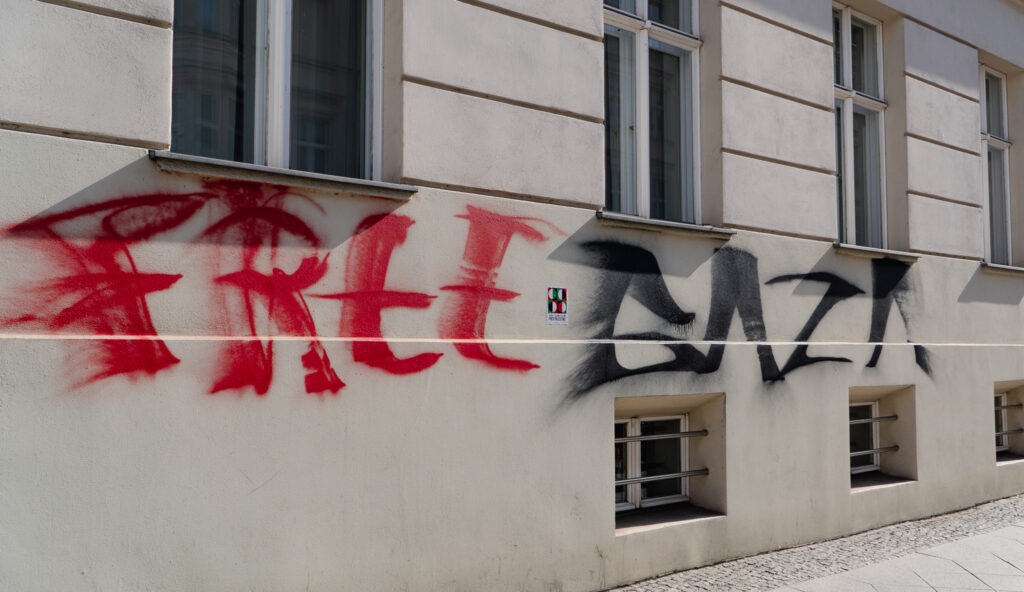
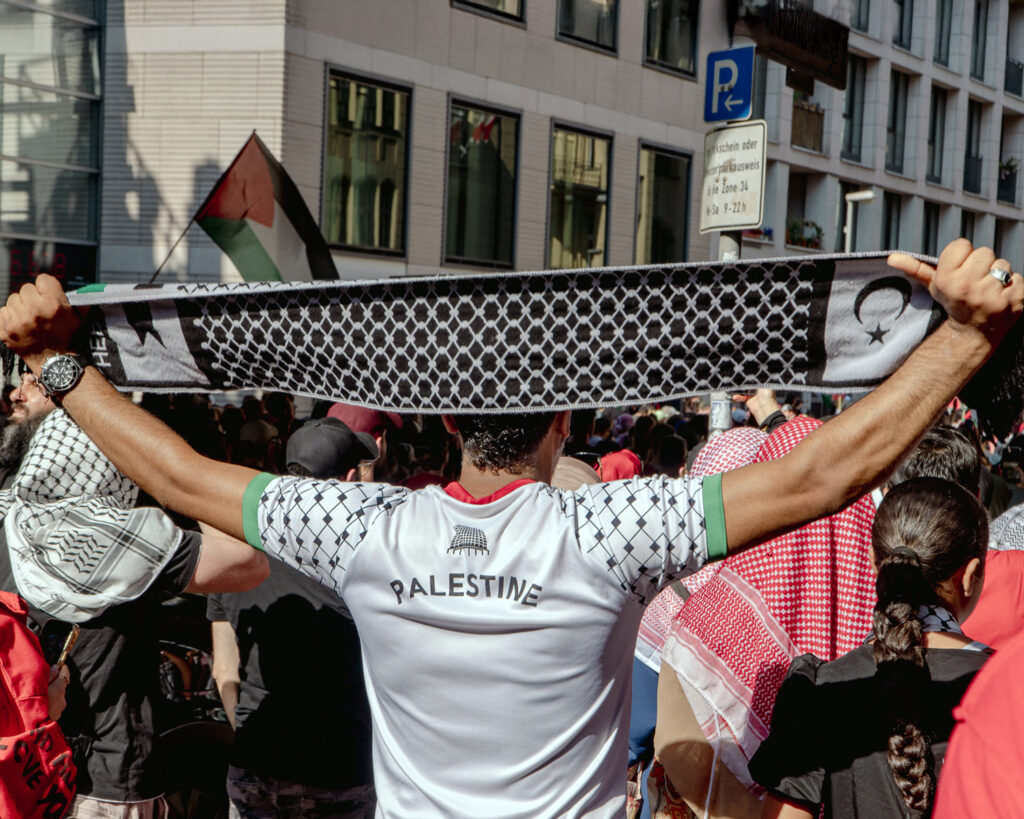
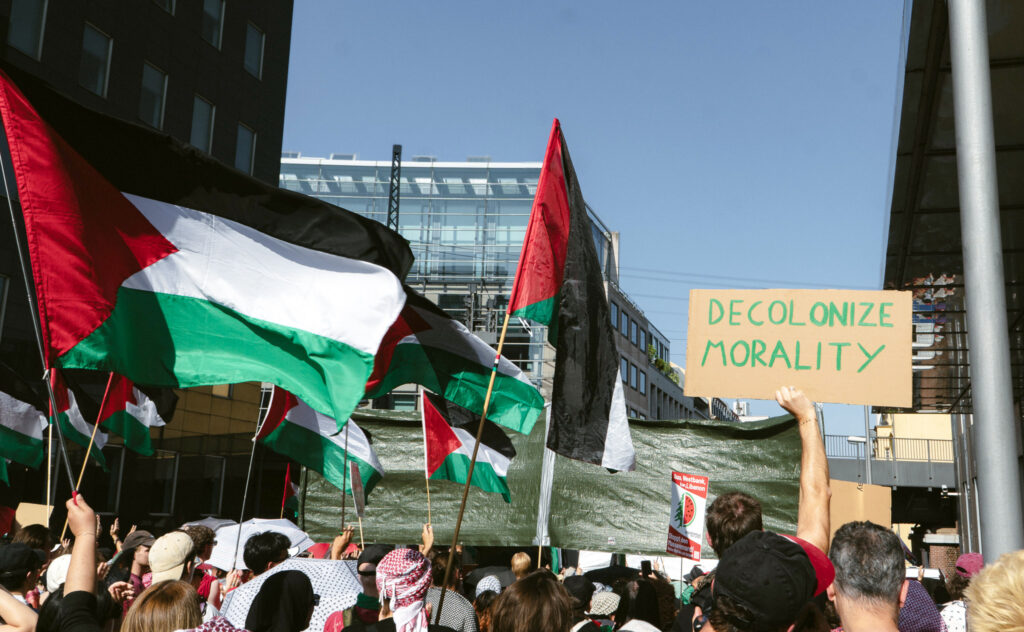
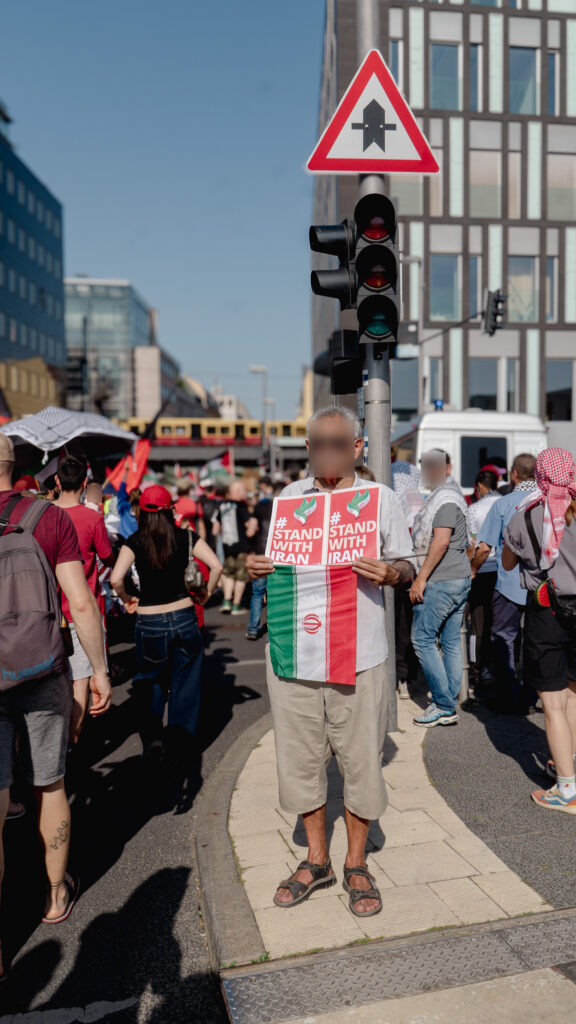
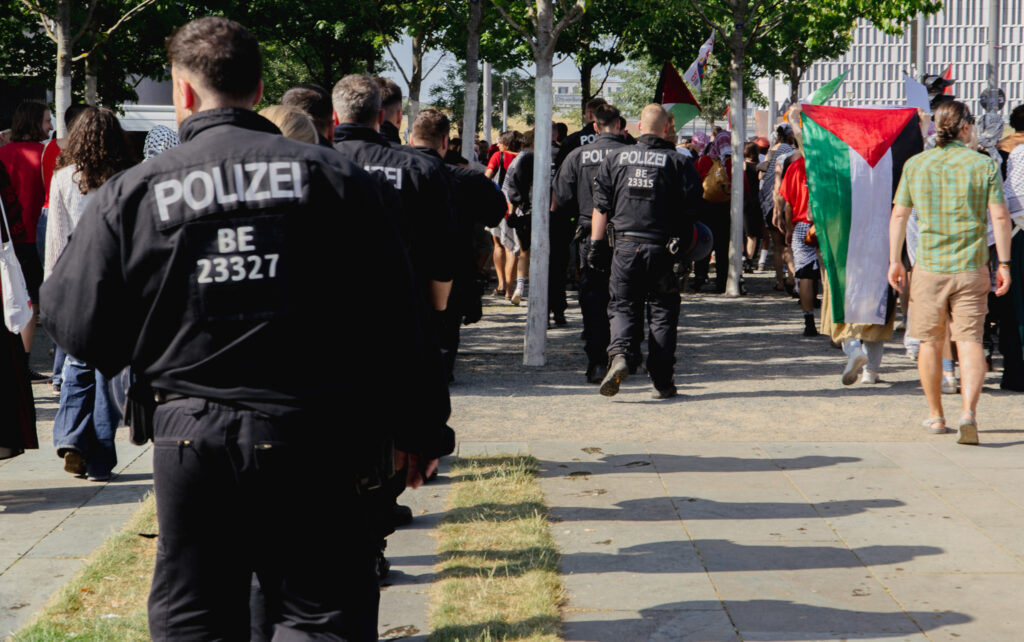
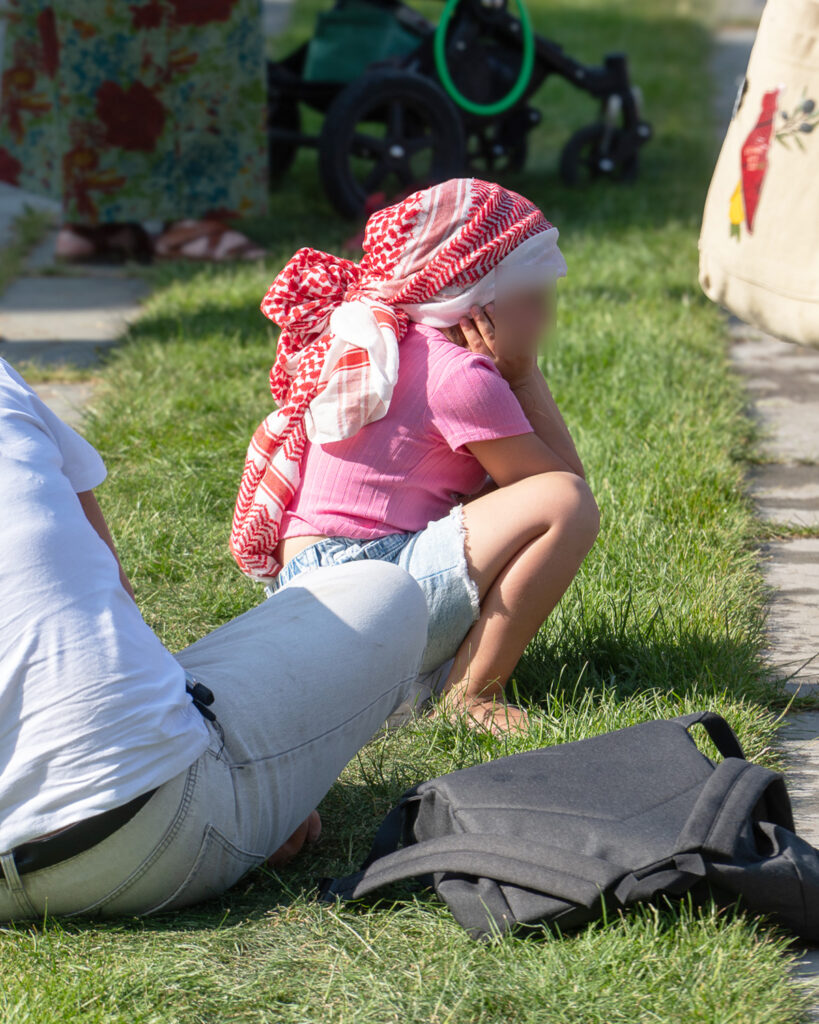
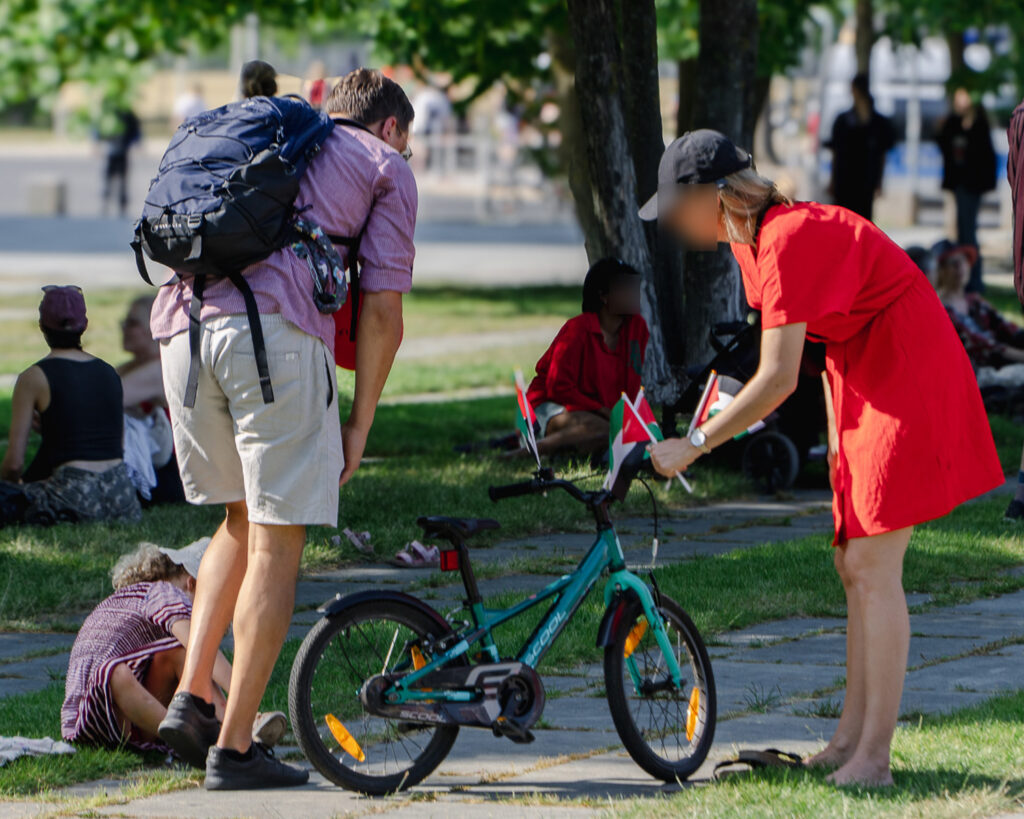
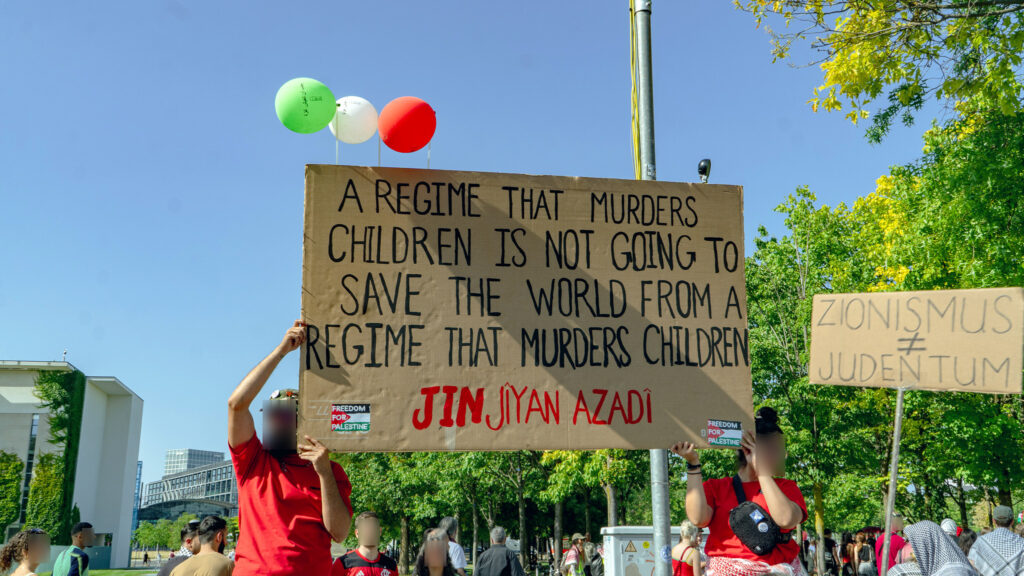
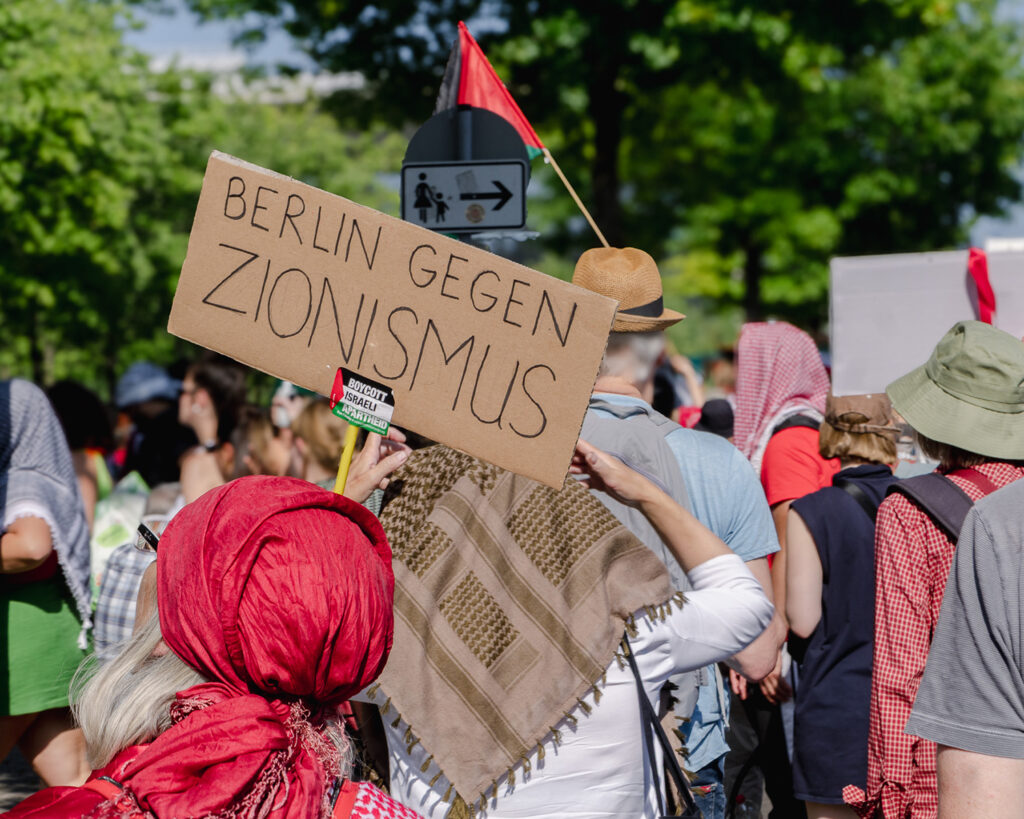
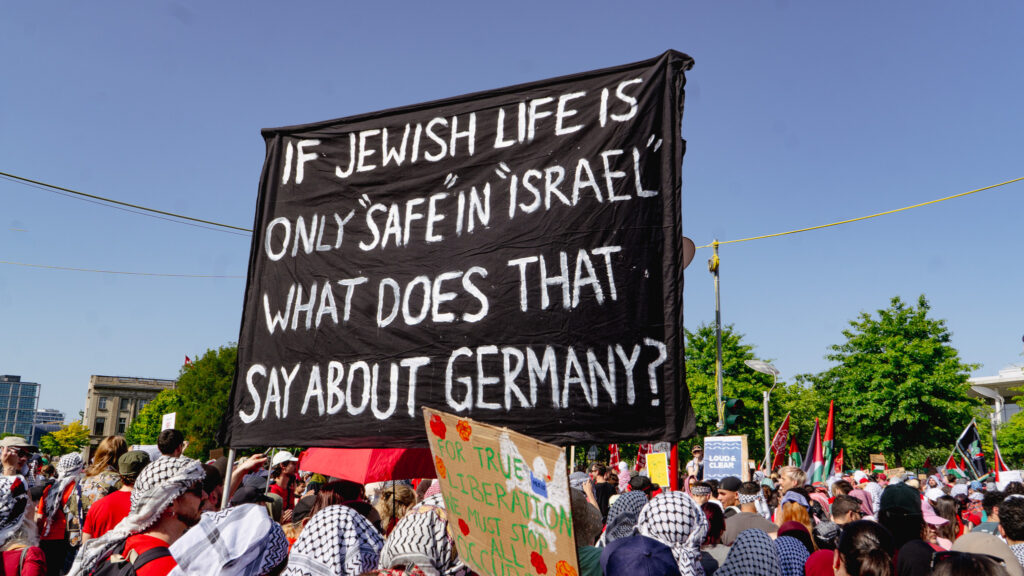
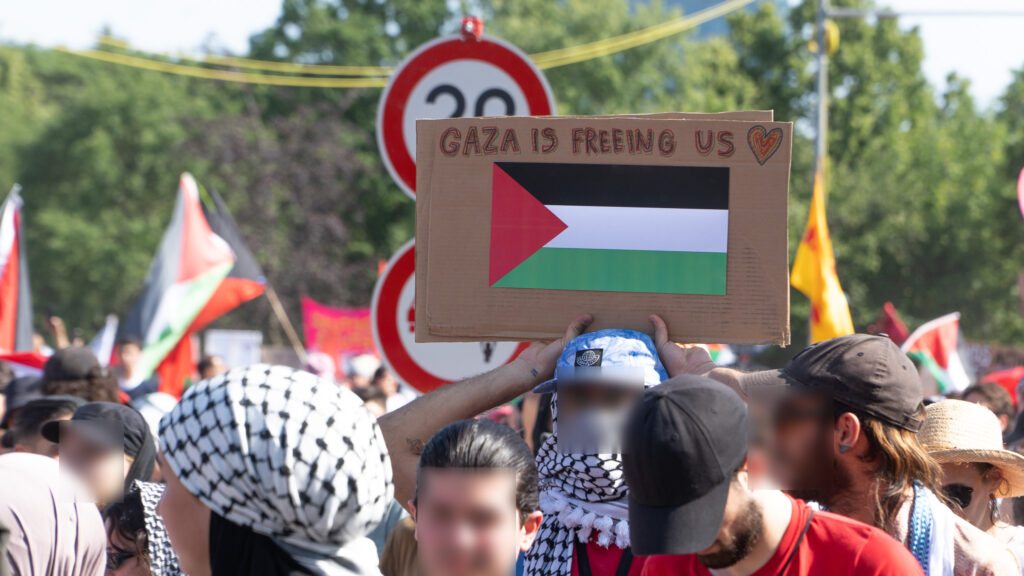
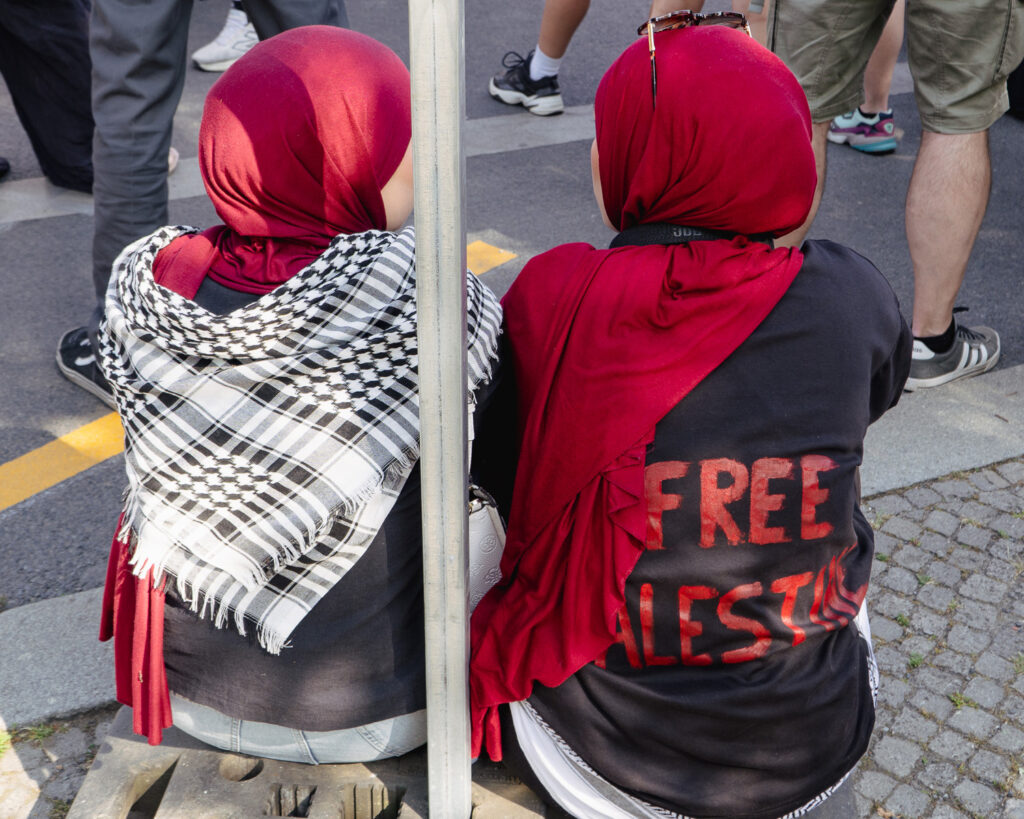
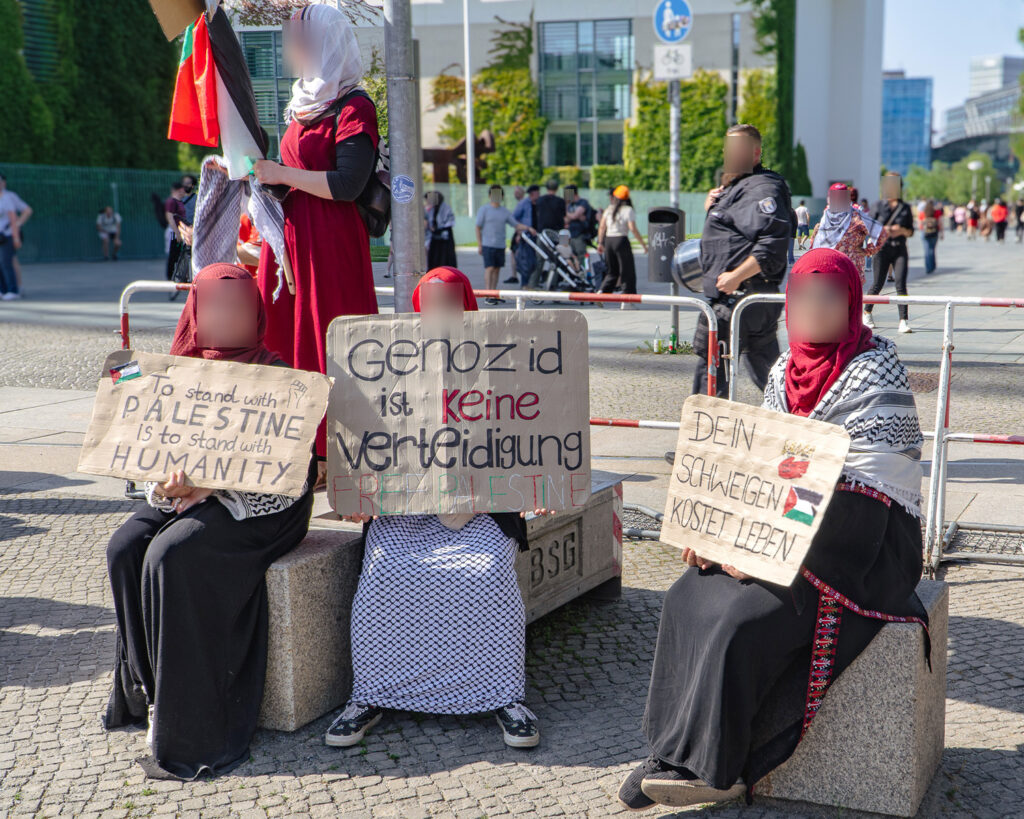
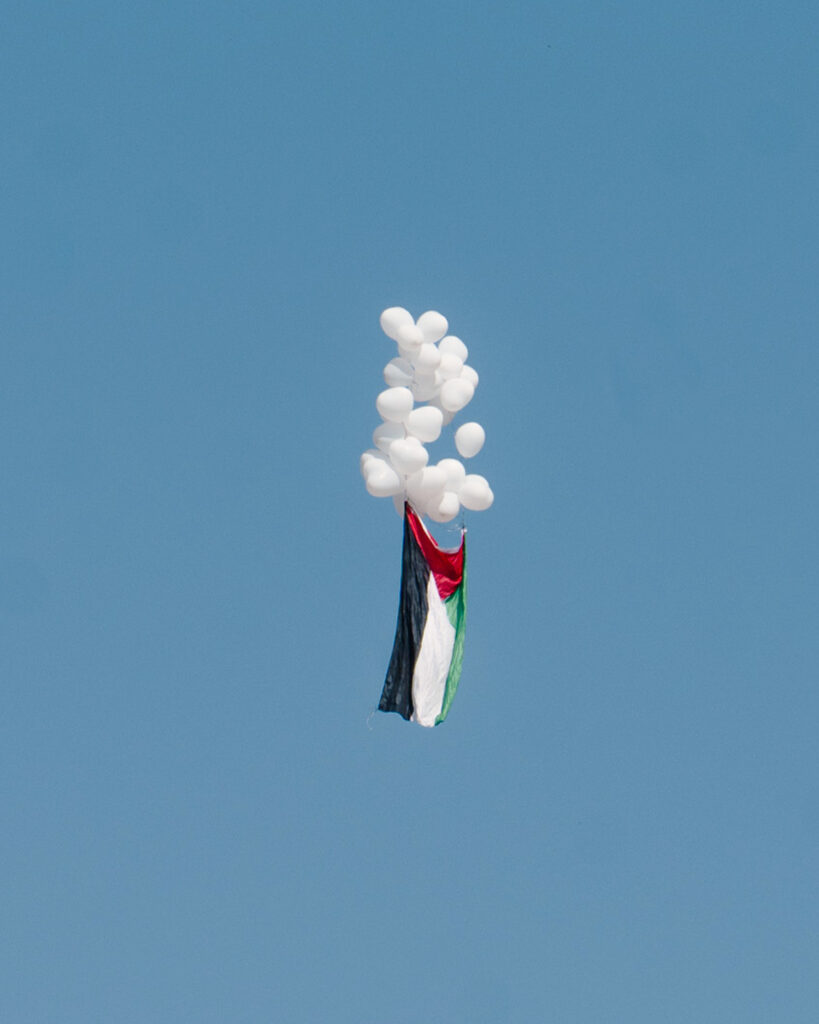
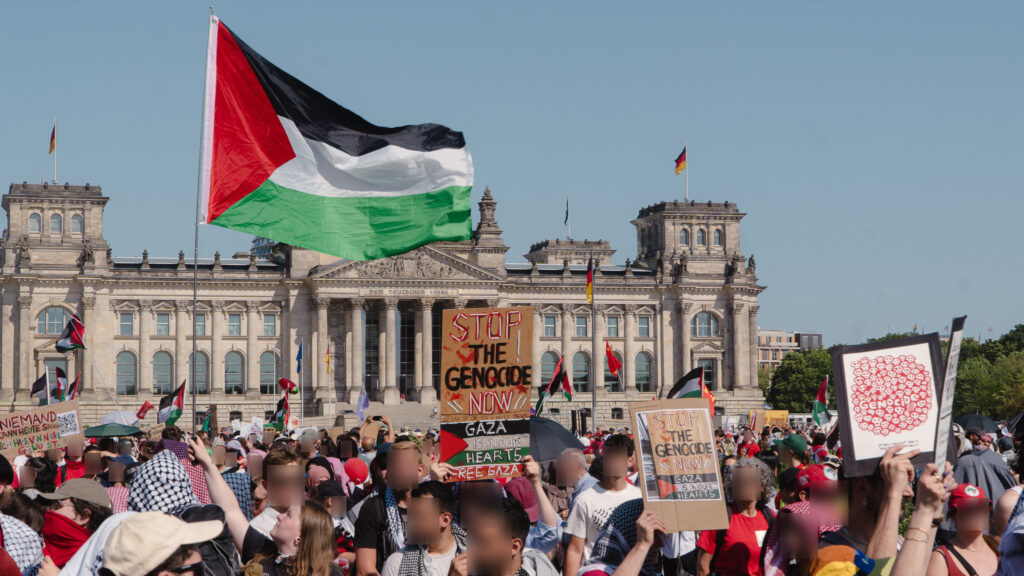
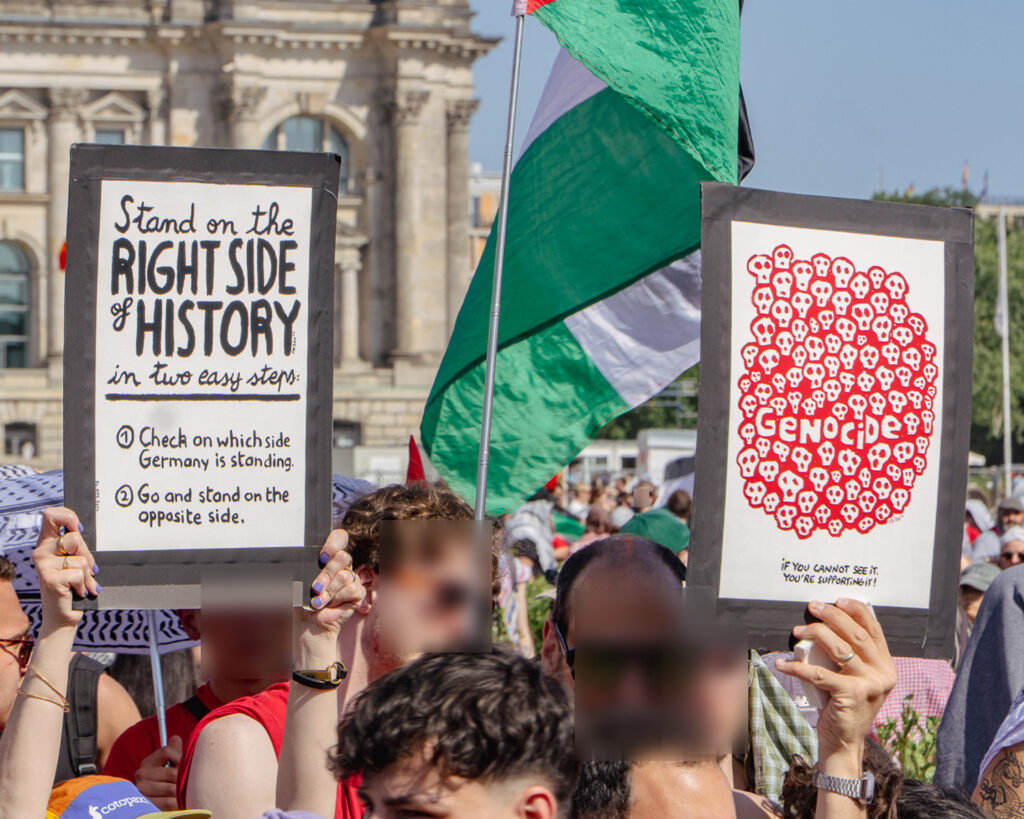
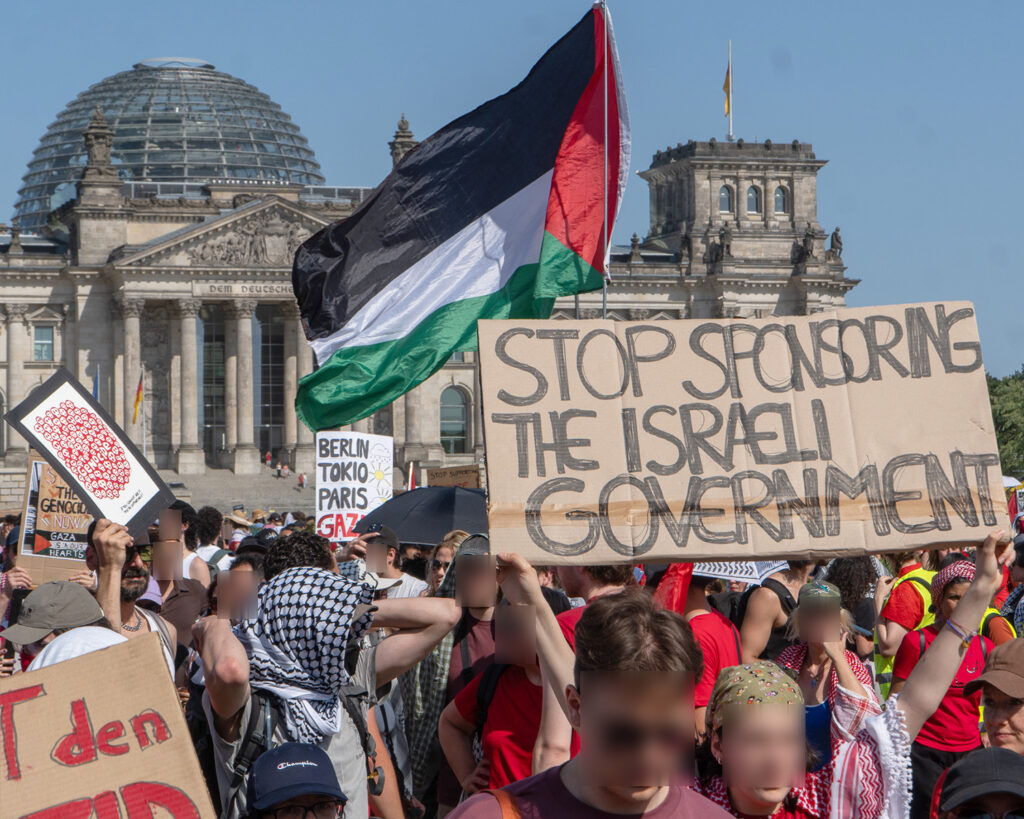
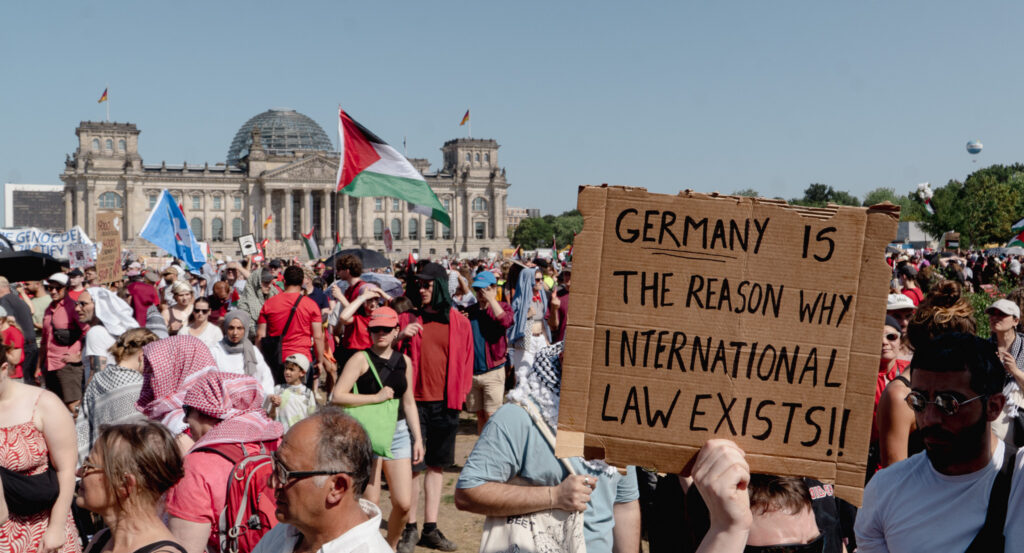
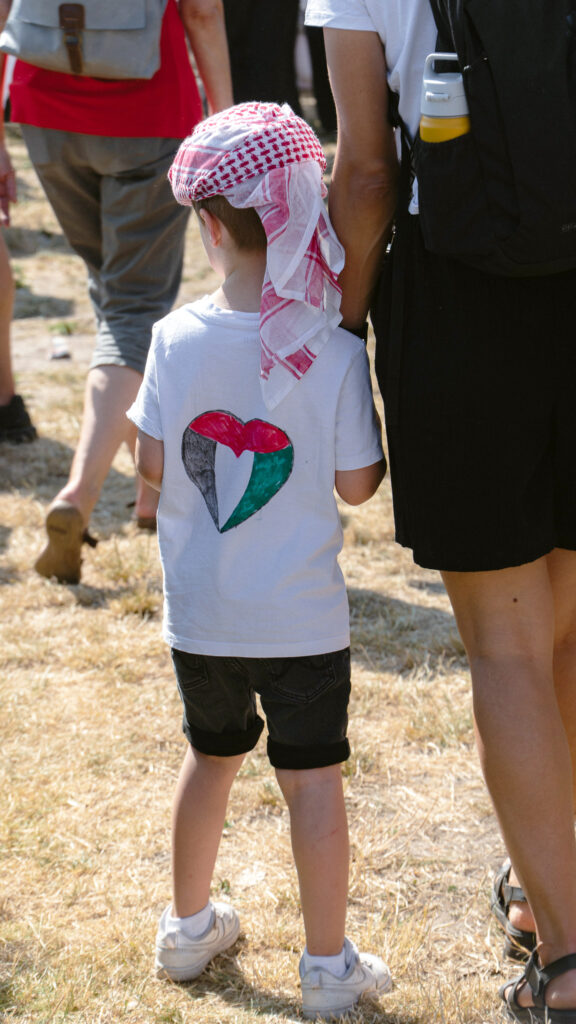
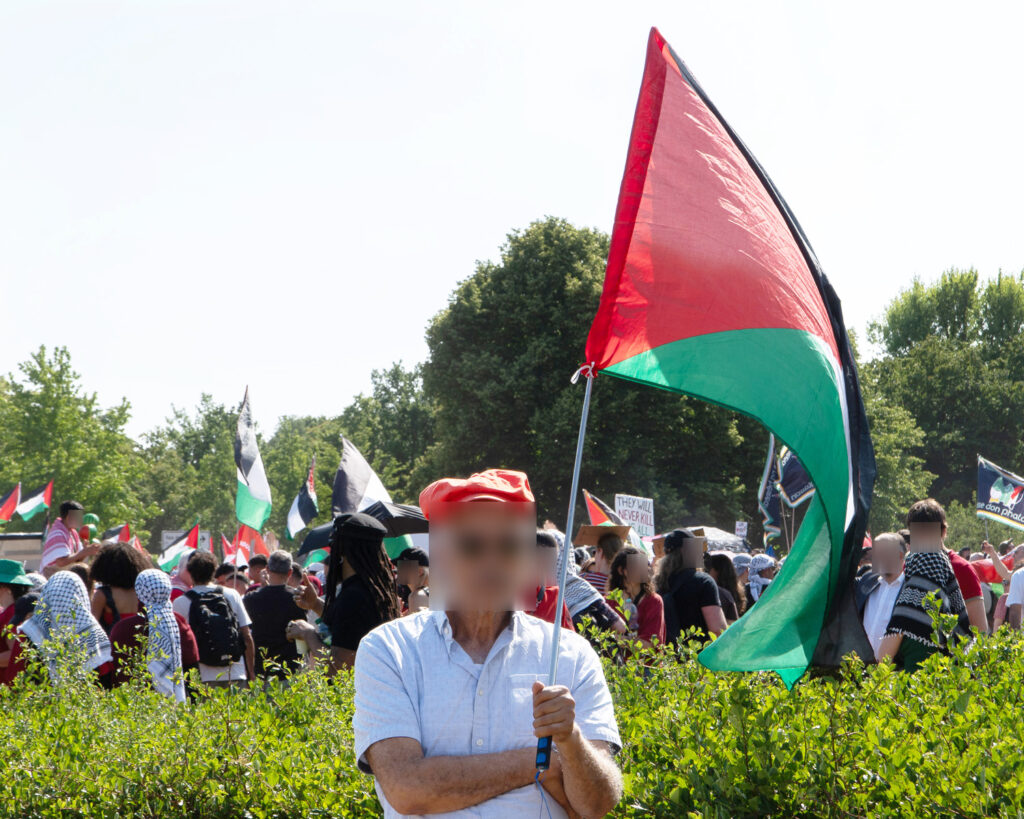
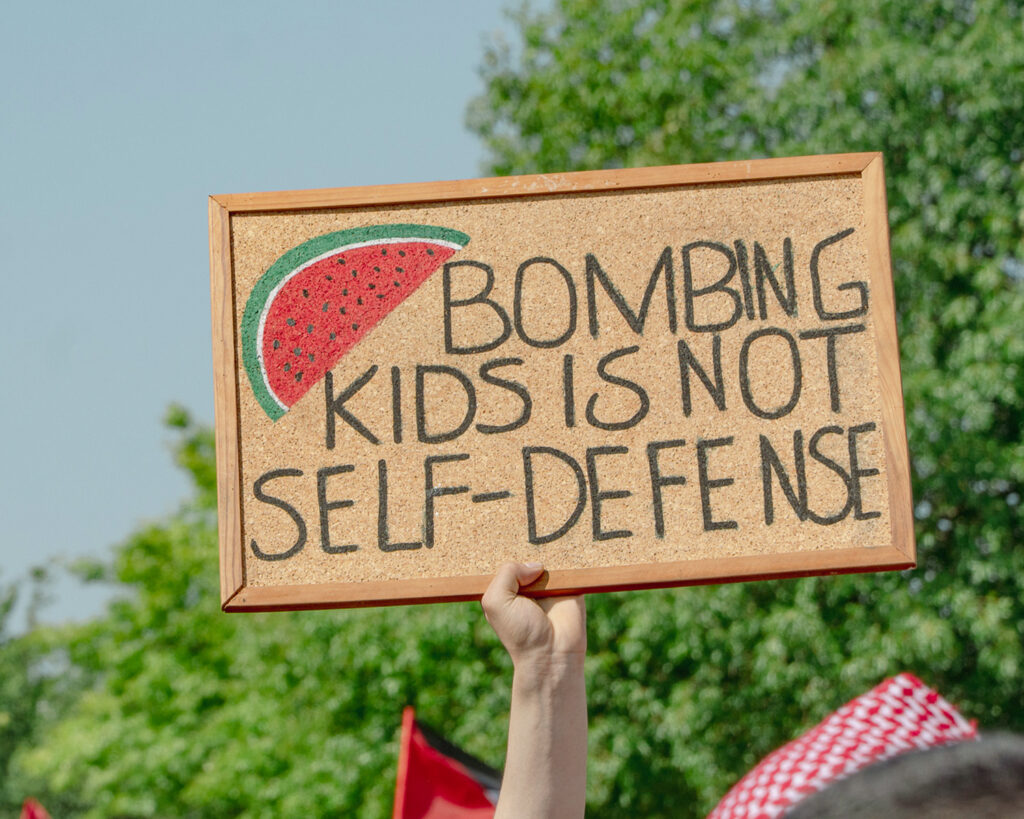
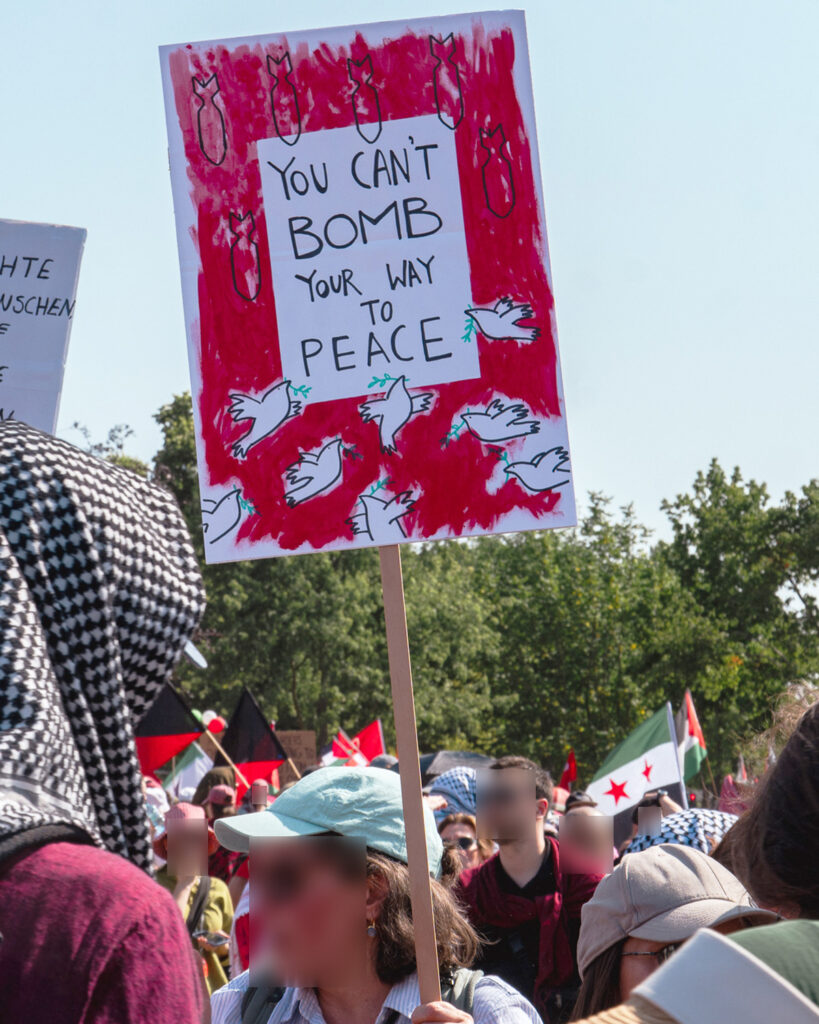
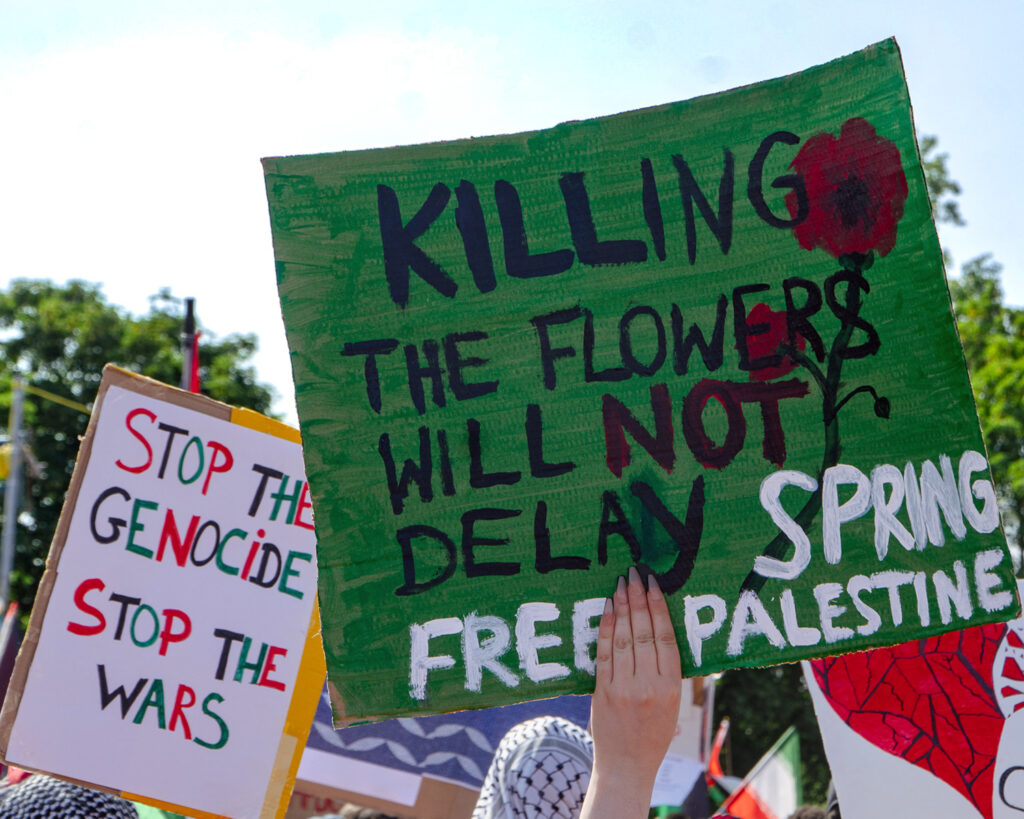
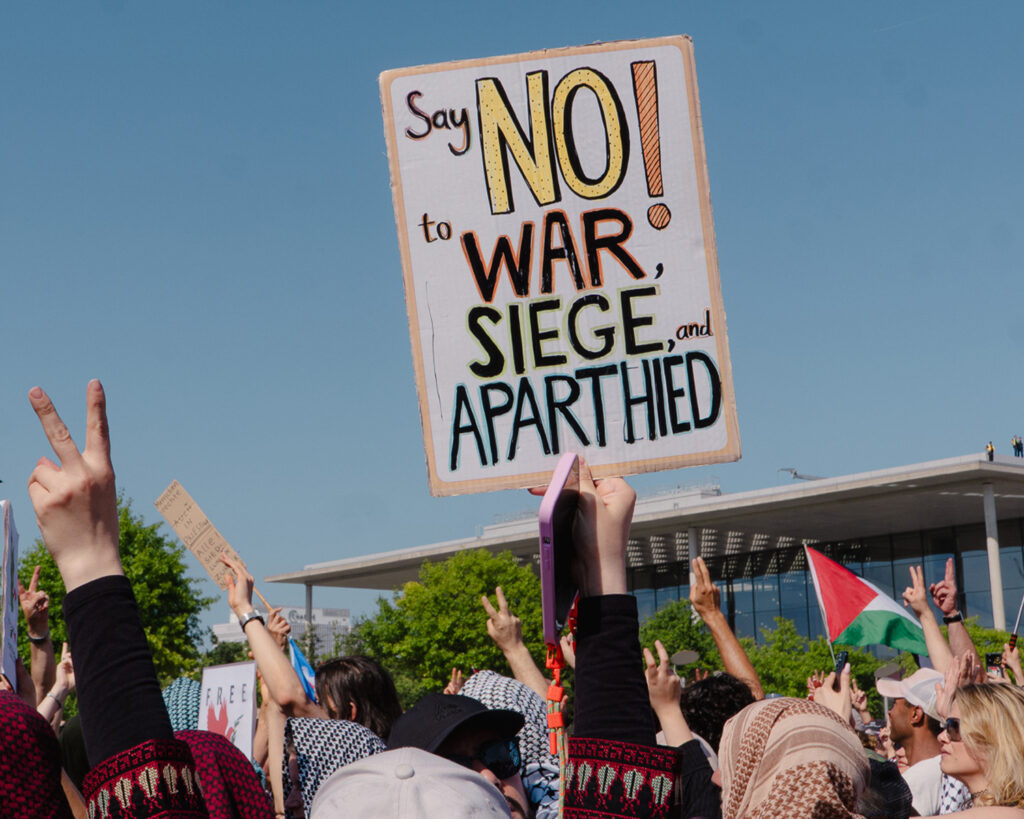
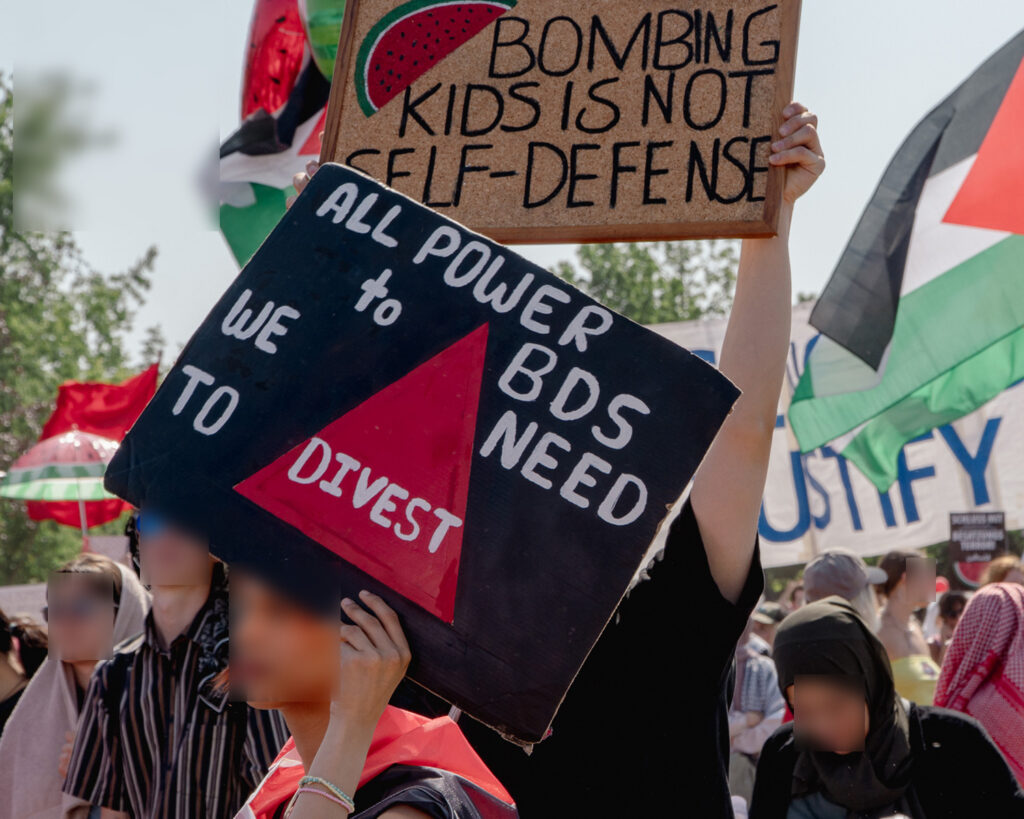
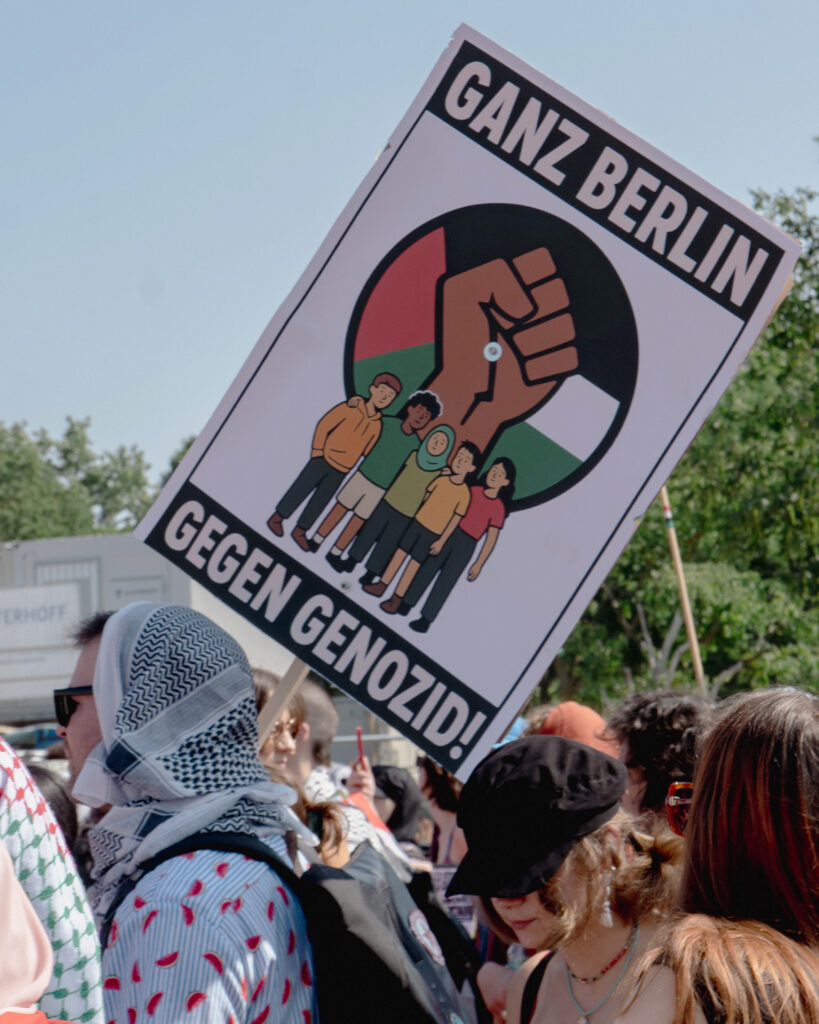
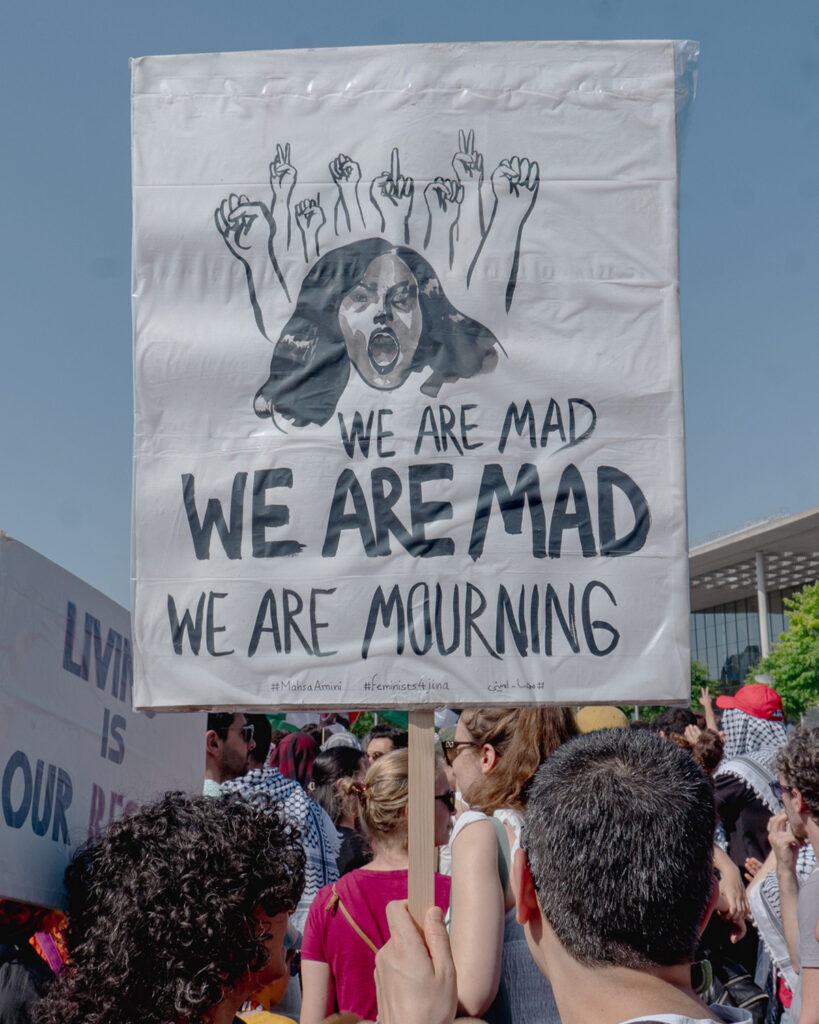
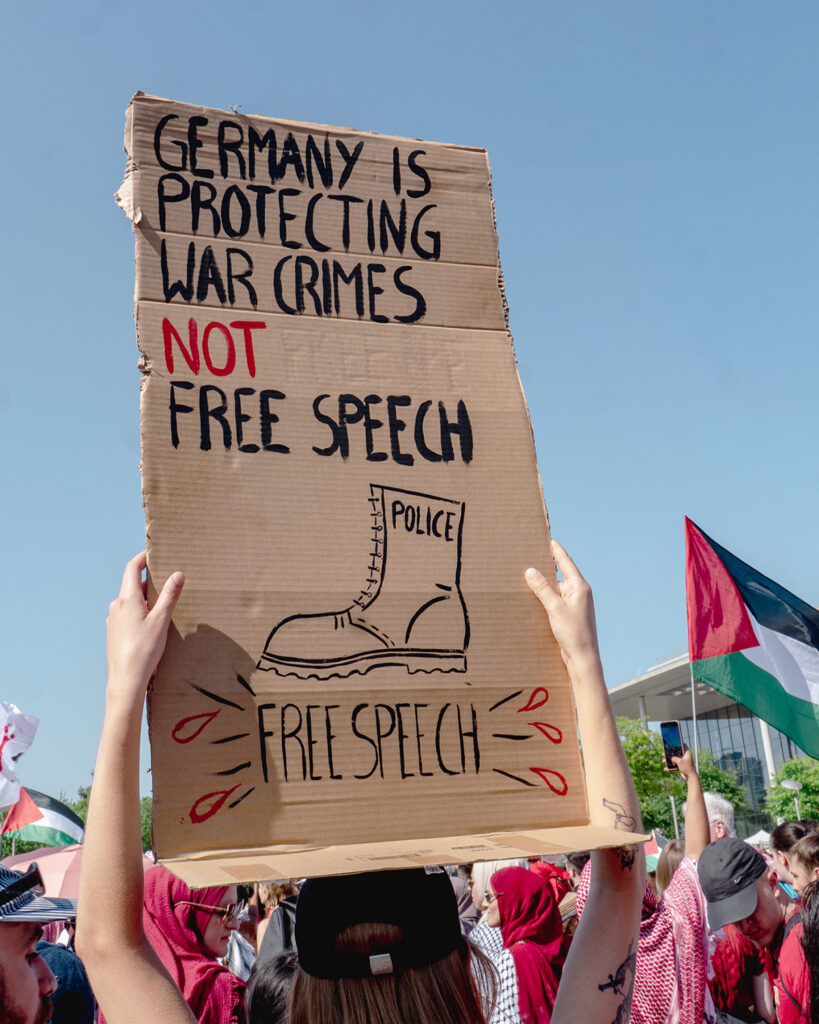
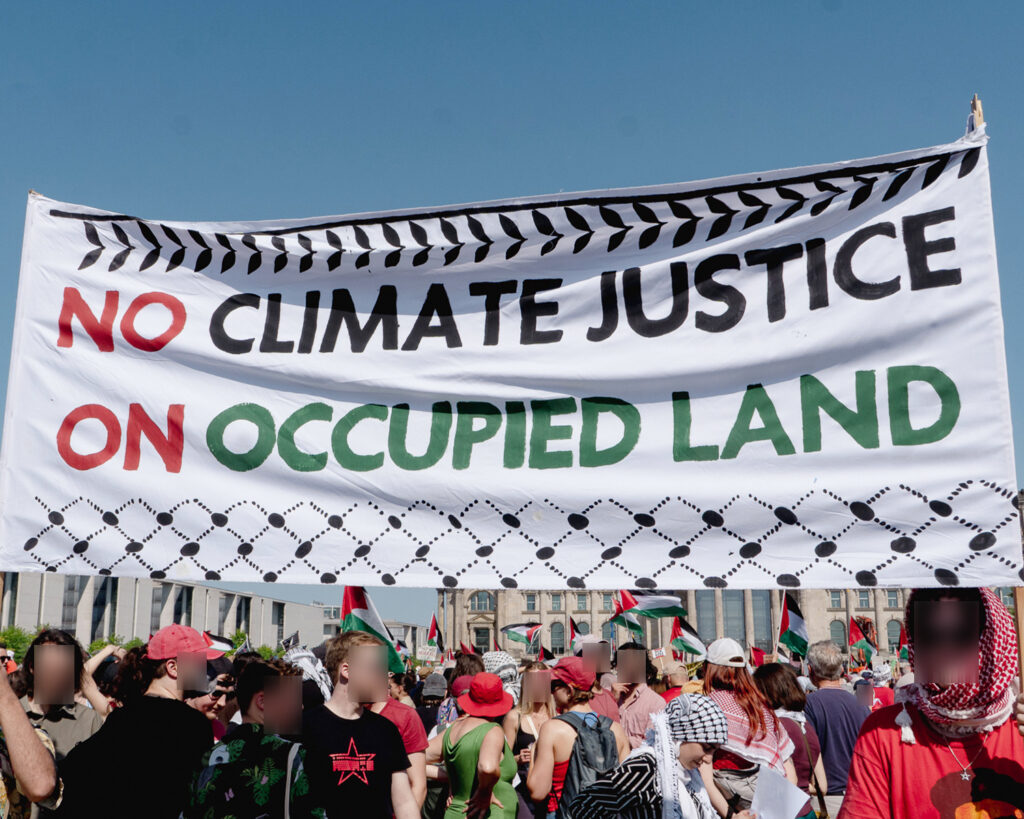
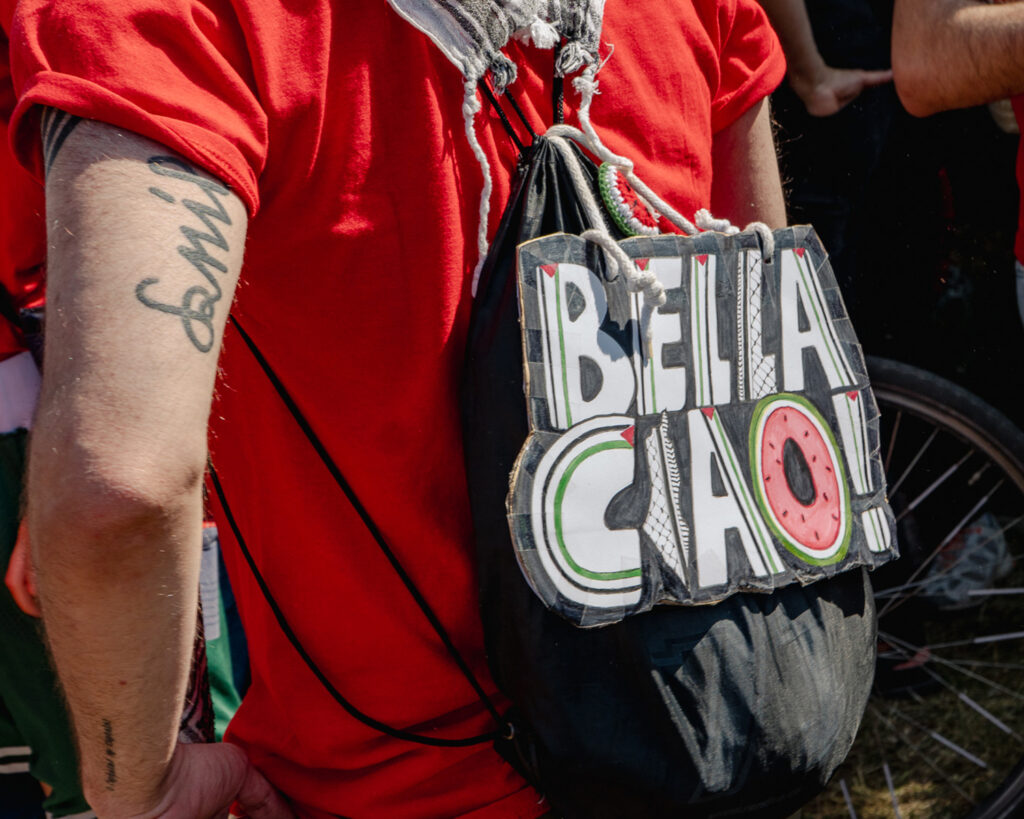
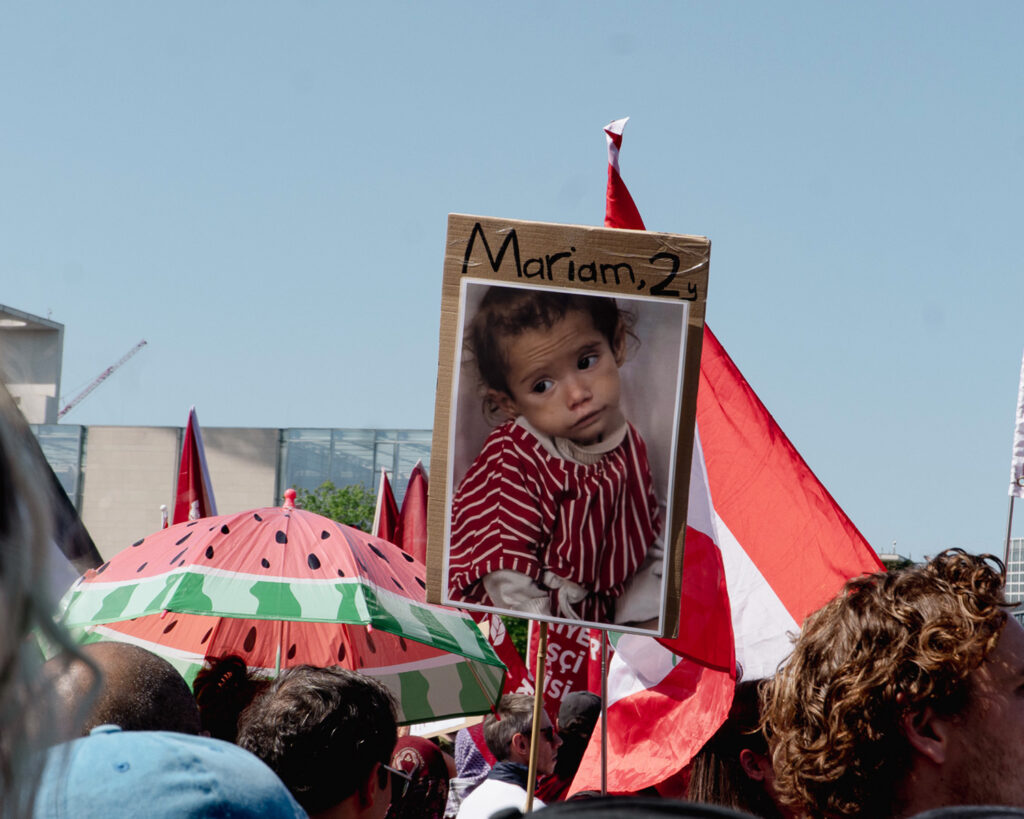
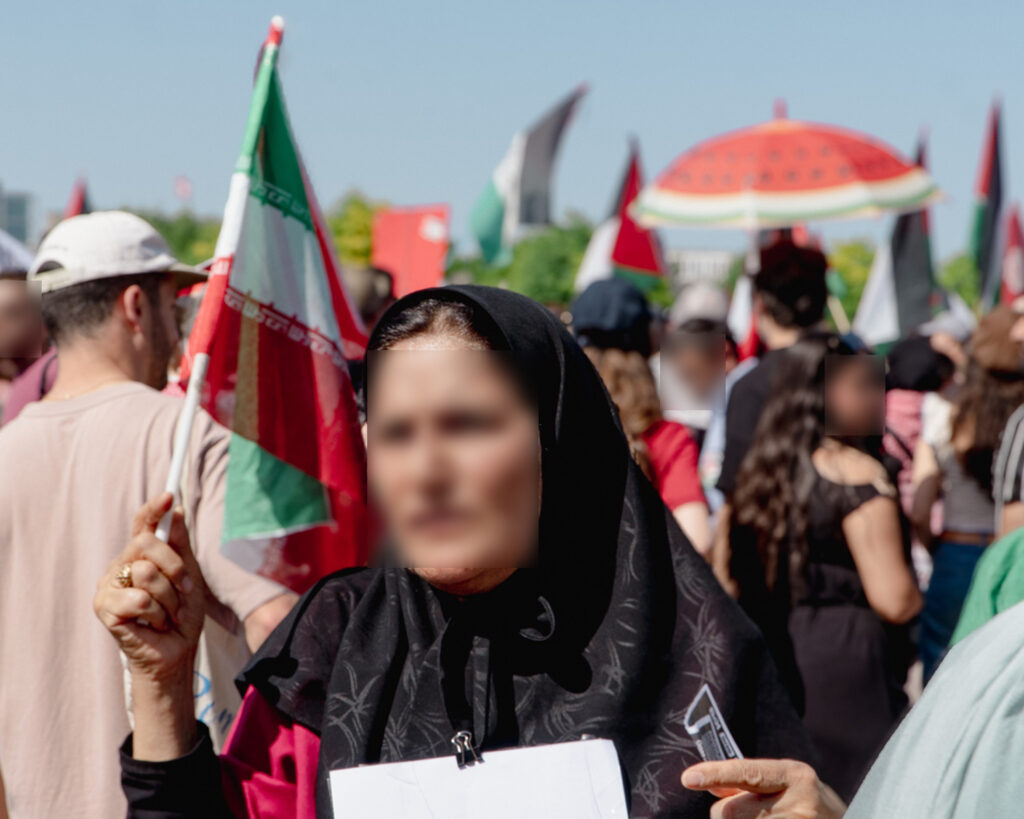
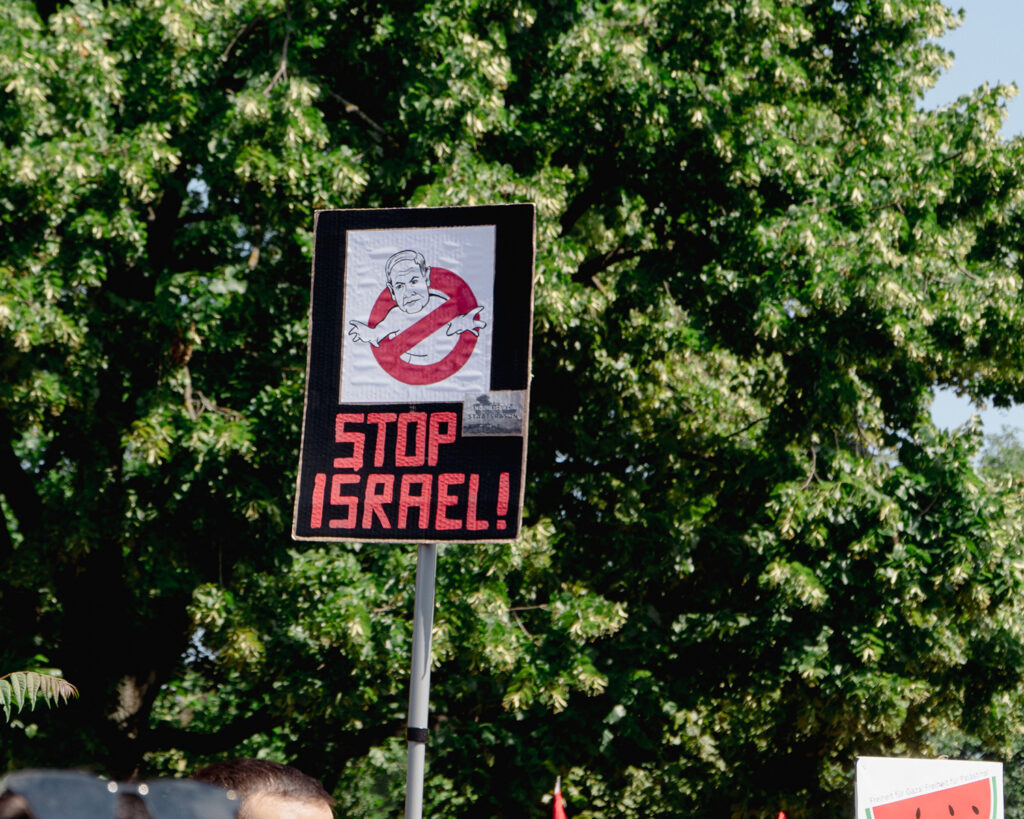
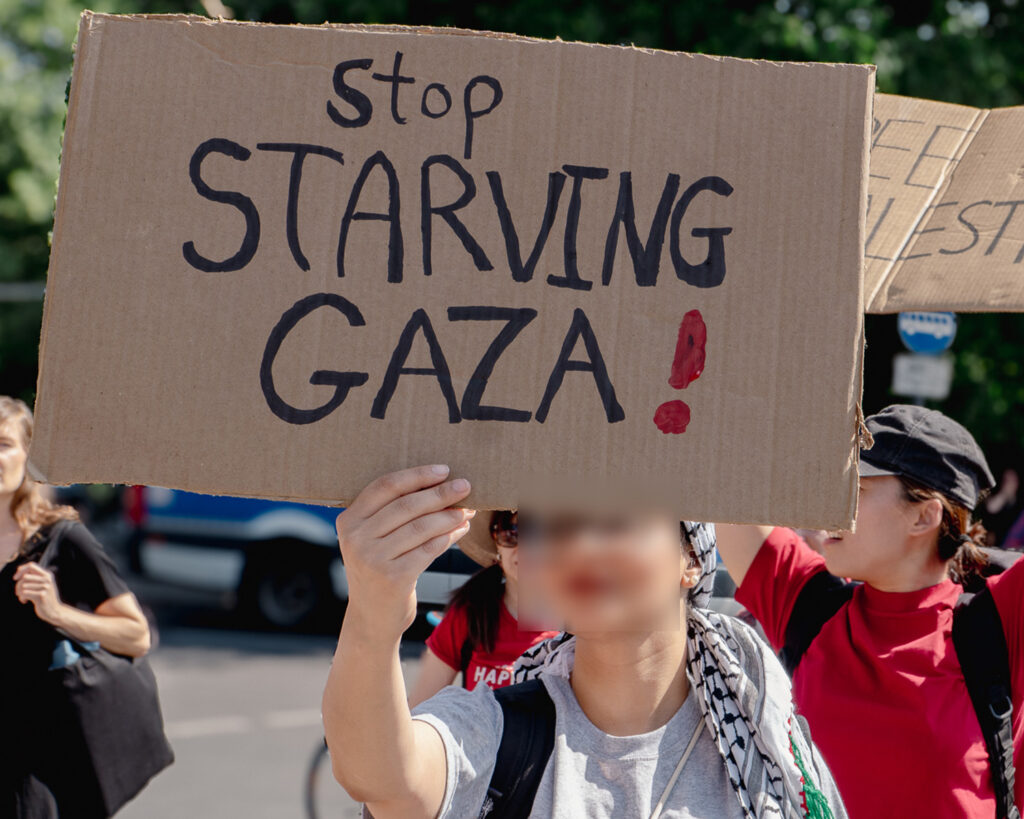
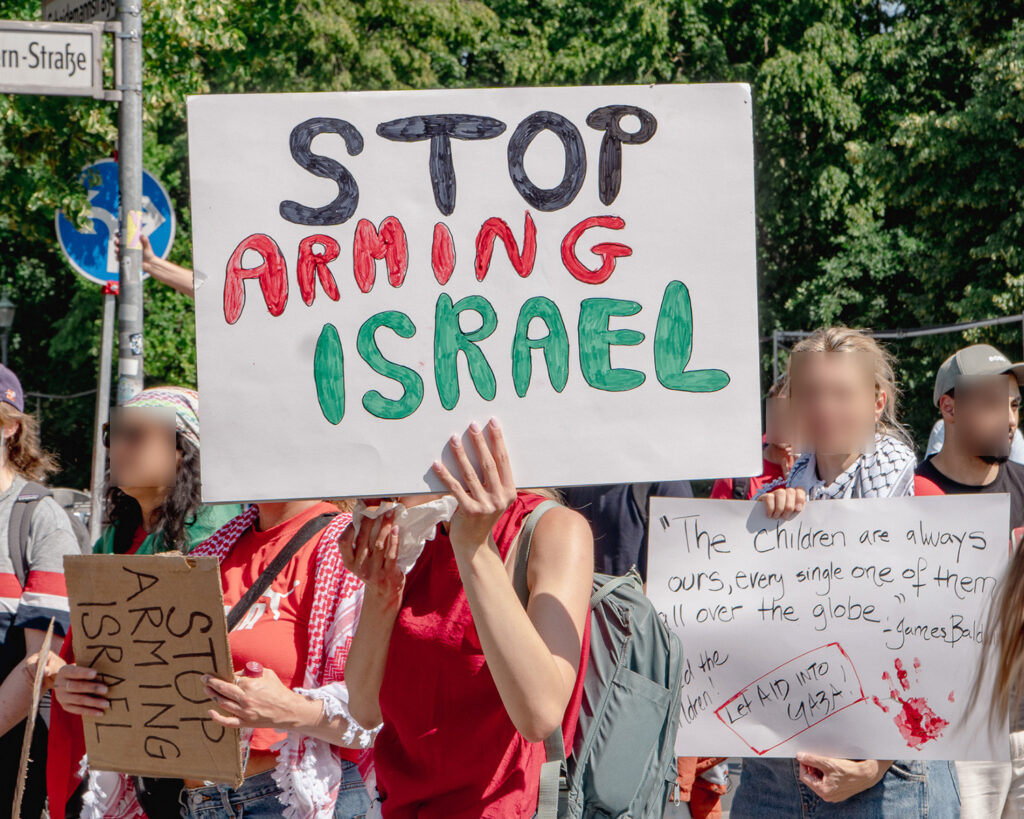
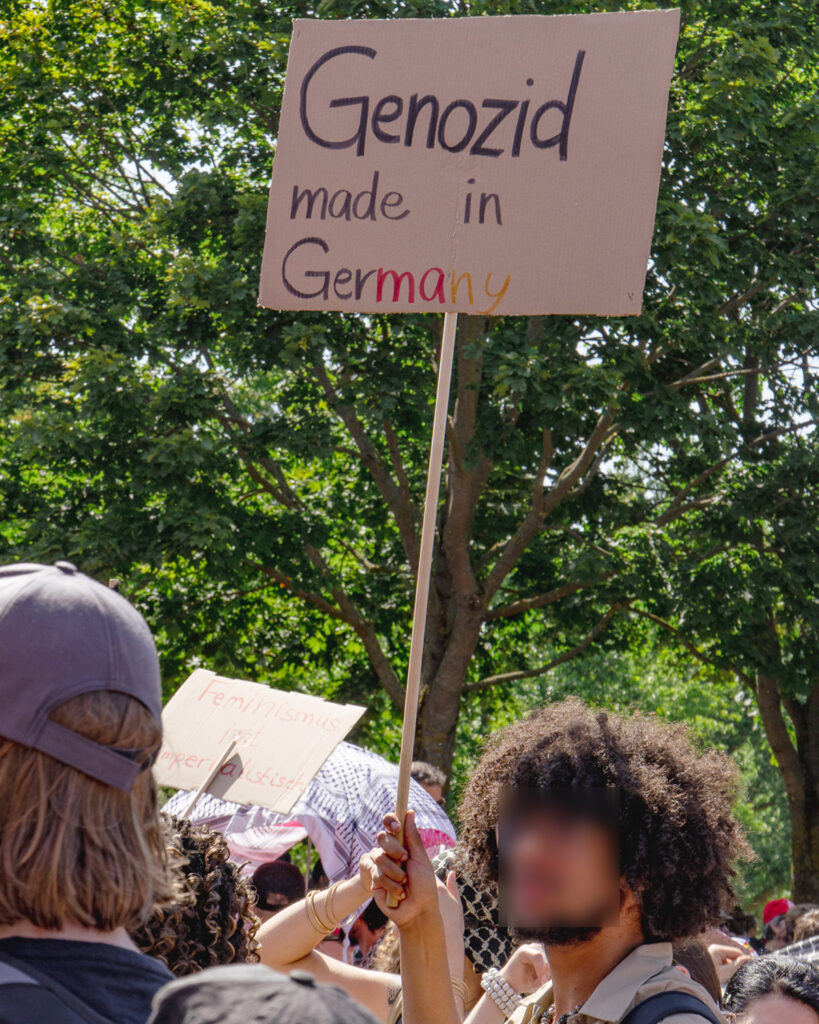
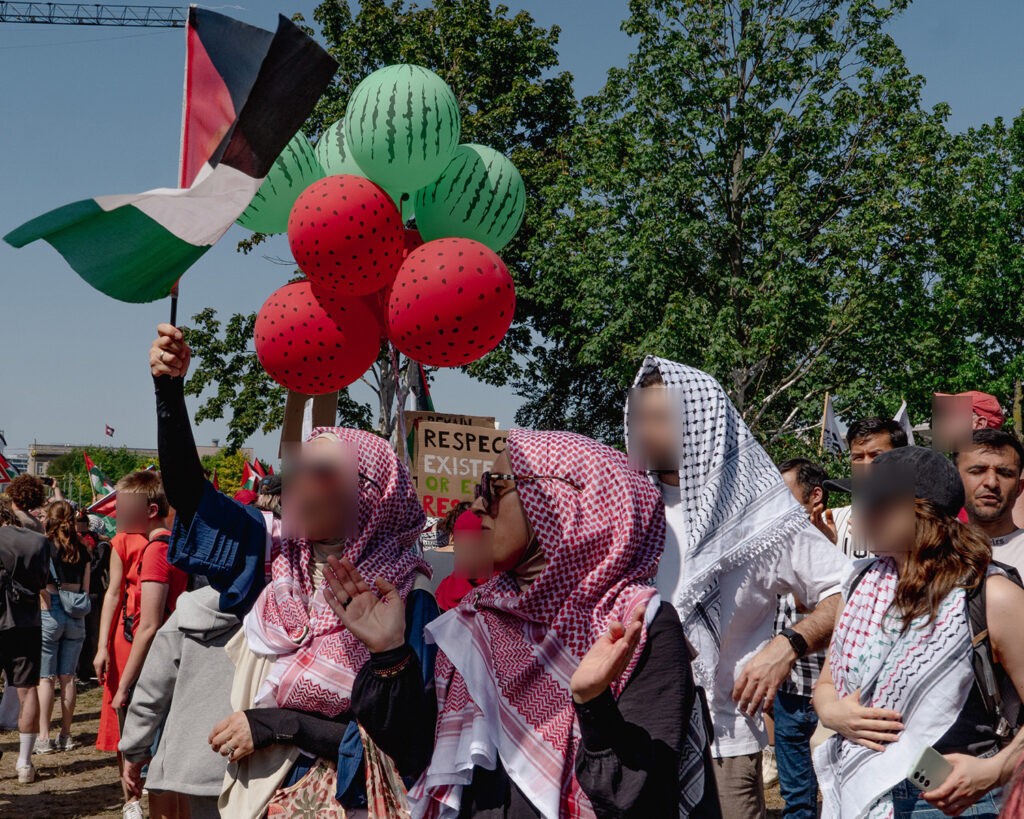
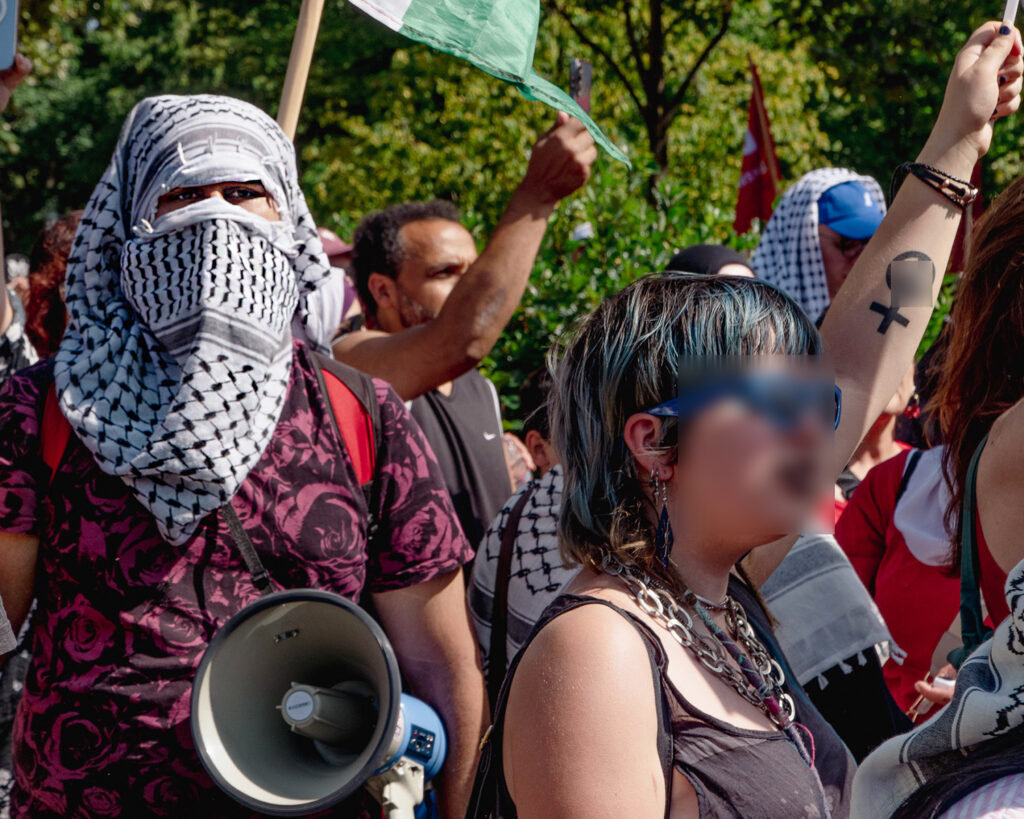
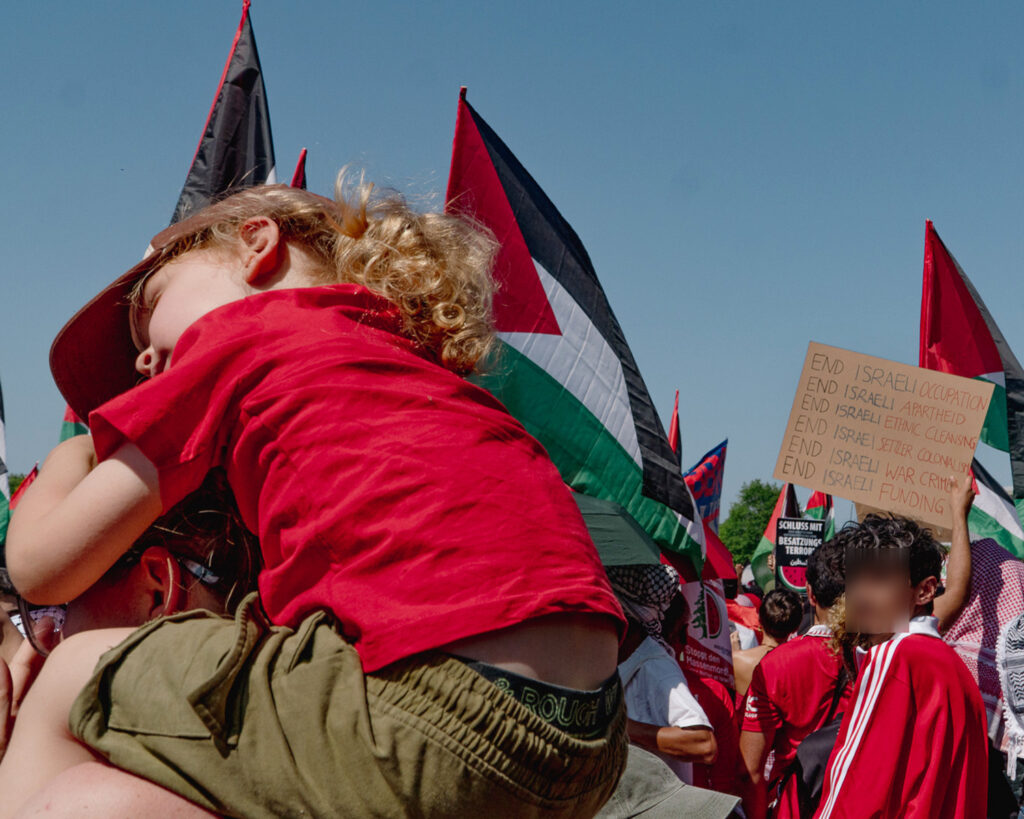
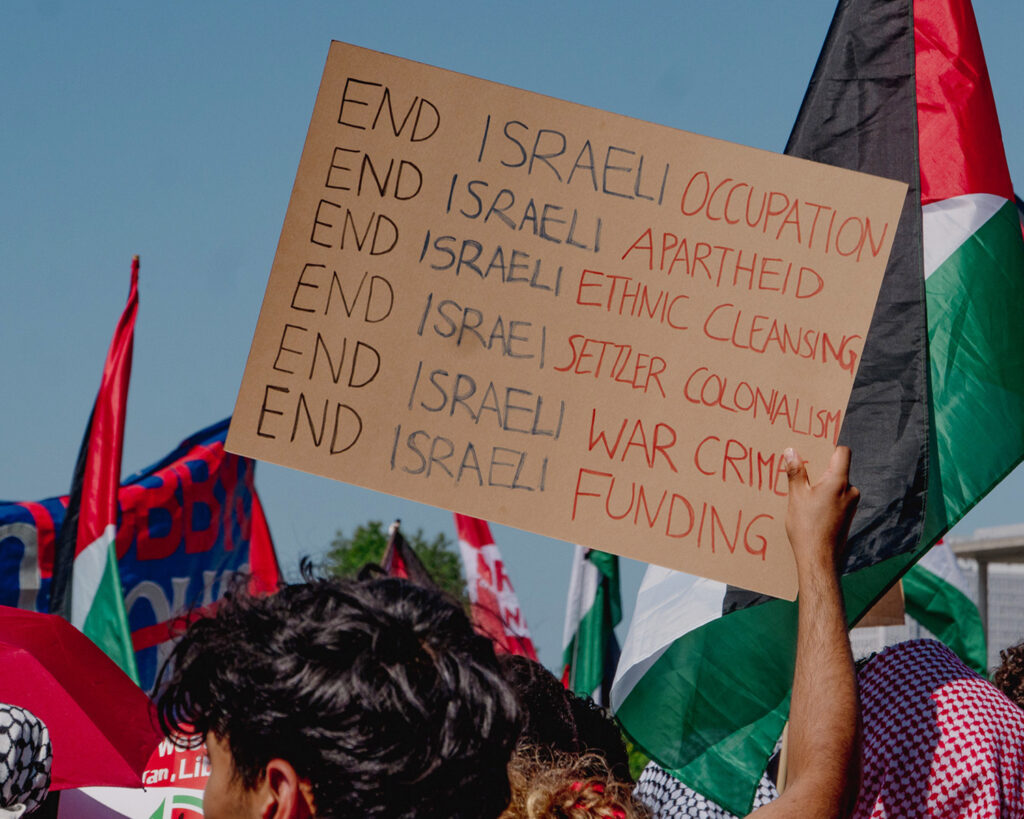
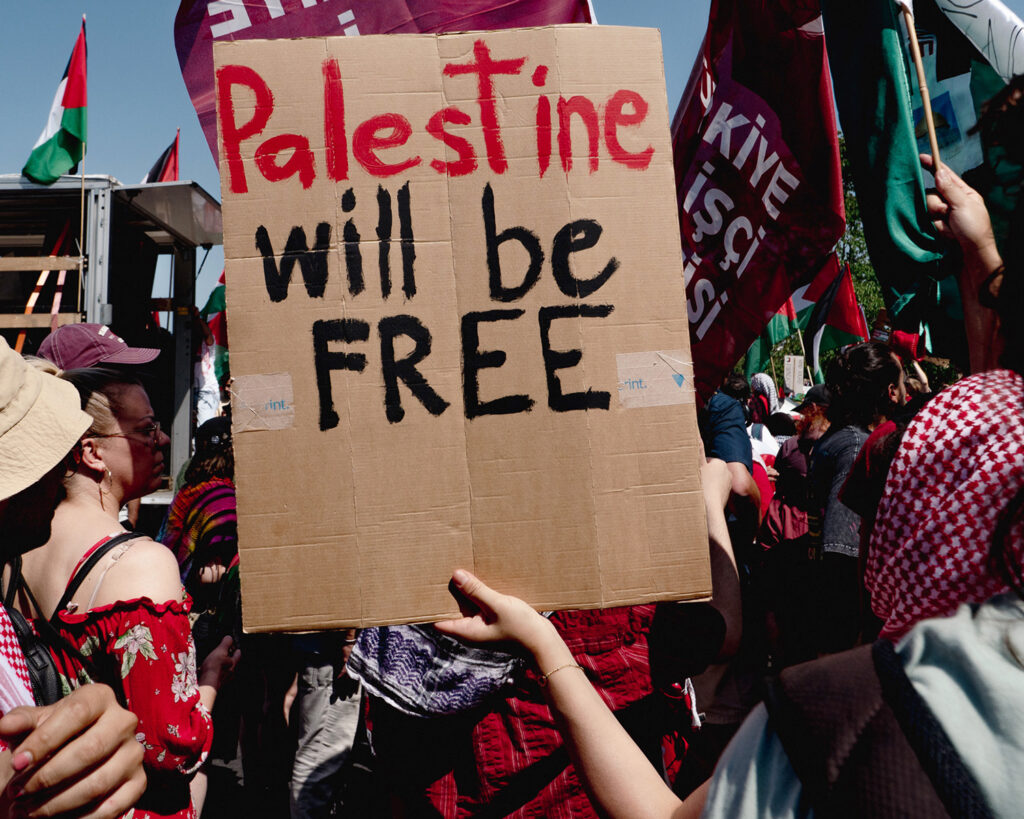
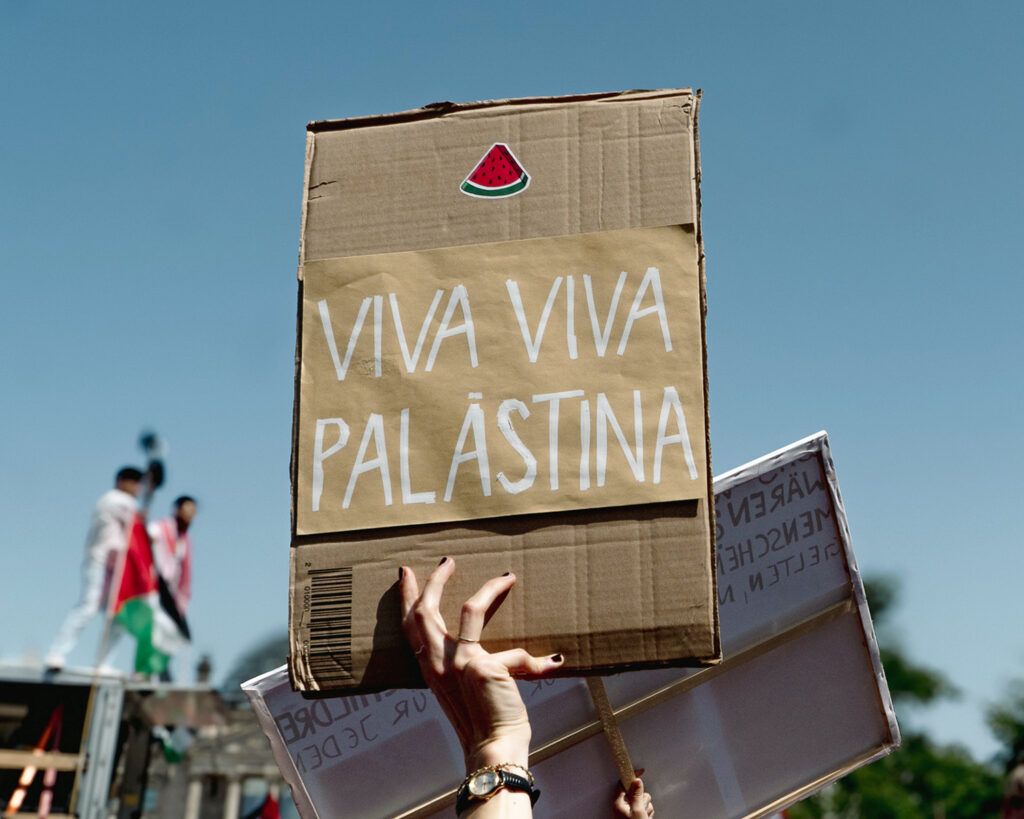
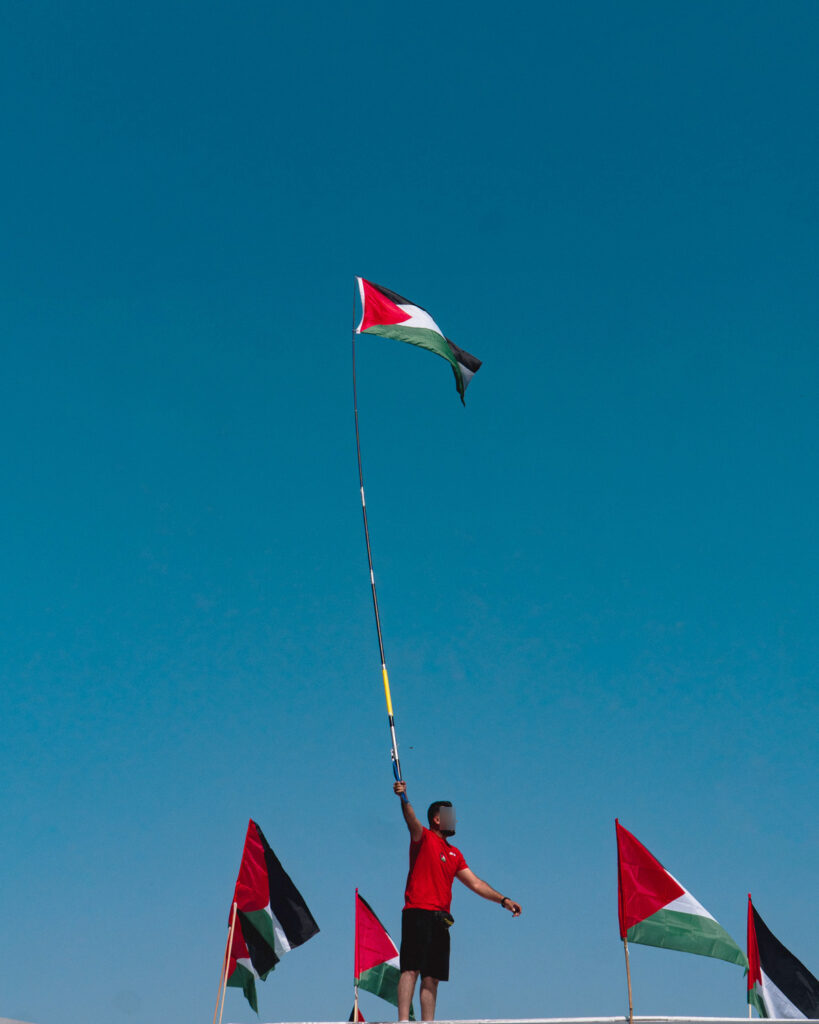
Bundestag to Potsdamer Plart. 21st June 2025
The Left Berlin
22/06/2025
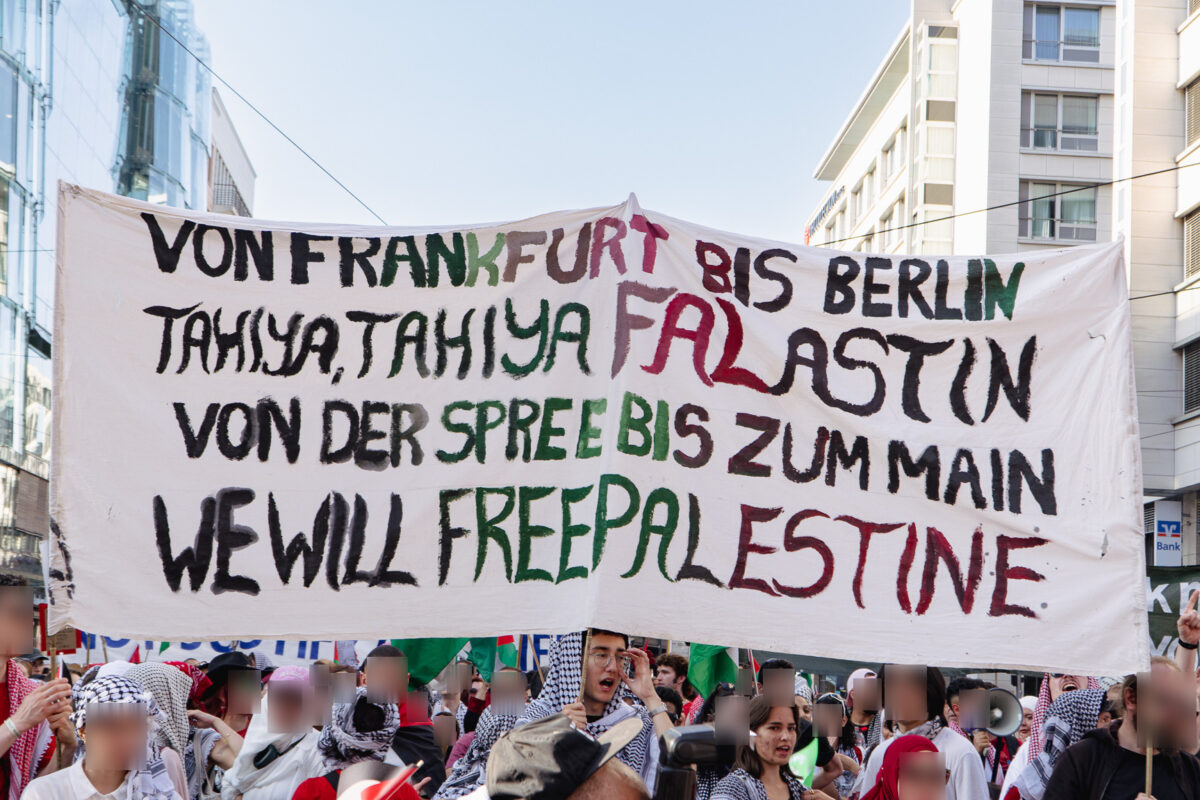

































































During my time working at a company in Hamburg, I experienced an unsettling encounter that revealed deeper tensions beneath Germany’s polished surface of political correctness.
One morning, as I ate a croissant and drank coffee at my desk—an ordinary practice among colleagues—a colleague confronted me. Her initial critique of me having breakfast in the office might have been reasonable, but she soon curdled into something darker.
With palpable condescension, she declared: “Different countries have different norms. Some behaviors might be acceptable in China” (I am not from China, of course) —a revealing assumption.
Before I could respond, her tone shifted, laced with something darker:
“What you’re doing is extremely rude. You might not understand, and I am not even sure where you have gotten your education, but I do—as I was highly educated in Europe. My grandmother was educated with the Hitler’s family.”
The casual invocation of that name stunned me. At this point, I almost shouted at her:
“Hey, If my breakfast disturbed you, you could have simply asked me to move. Instead, you’ve chosen to assert your supposed superiority based on your family’s ties to Nazis. Are you serious?”
Silence hung in the air, and she said. “Get out of this room!”
The Paradox of German “Tolerance”
Having lived in the U.S. and Germany, I’ve faced racism in many forms, from micro aggressions to outright hostility. The true significance of this incident lay not in the individual’s racist remark, but in the system’s reaction.
When I reported the incident, my supervisor’s response arrived as a sterile rebuke: “I heard the incident. Such language that she made is not permitted in Germany.” Not solidarity. Just policy enforcement—as if racism could be reduced to a terms-of-service violation.
Then came a colleague’s well-meaning but revealing attempt at comfort: “I’m sorry this happened to you—it’s so strange. Racism doesn’t exist in West Germany.” This was more than personal naivety; it unmasked an institutionalised delusion that prioritises bureaucratic distinctions over people’s actual experiences.
That encounter has stayed with me as emblematic of my early experiences in Germany: a society where history looms large yet remains clinically detached. One where people obsess over saying the correct thing but seldom interrogate why those words carry weight.
It forced me to reconsider some linguistic prohibitions:
Do they truly provoke deeper reflection on meaning and context, or do they paralyze thought altogether? Are people avoiding certain words not out of understanding, but out of programmed obedience?
I write these words from Berlin, twenty months after the genocide in Gaza began—a genocide that has played out in real time, streamed live to the world, documented by both its perpetrators and its victims. The evidence is undeniable: every moment, every atrocity, digitally recorded. Every report from human rights organizations affirms what we already know—this is a genocide, declared as such in plain sight.
And yet, as this horror unfolds before the eyes of the world, we were forced to confront another grotesque reality: the staggering hypocrisy of Western governments and media. The German state and its press are in the forefront..
What proved most disquieting was the cognitive dissonance of some of the German Liberals. They master the language of social justice while rationalizing Zionist colonialism. Their discourse, though polished, betrays a fundamental evasion. They champion solidarity in theory, yet refuse to practice it by reflecting the time and space they live in.
The Colonial Core of Zionism
Zionism, in practice, constitutes a settler-colonial enterprise. Its foundations were laid through the systematic dispossession of Palestinians, the expropriation of their lands, and the institutionalization of apartheid. The purported theological justification – this notion of ‘God gave us this land’ – is nothing but cynical artifice, a thin scriptural veneer over what is ultimately a project of territorial conquest.
The persistent framing of this occupation as a ‘multi faceted geopolitical issue’ speaks not to its actual nuance, but to Western complicity in maintaining structures of illegal occupation. What unfolds is not some unprecedented diplomatic quandary, but rather the oldest colonial narrative rewritten with contemporary military might. Germany, with its intimate familiarity with both colonial violence and genocide, requires no interpreter to comprehend this language of displacement and erasure.
Those who profess progressive ideals while accommodating this particular oppression participate in a profound moral contradiction. Authentic solidarity demands unflinching clarity – the courage to name oppression as oppression. Even when that recognition implicates our own historical narratives and present complicities.
For many Europeans, colonialism remains a comfortably distant sin, a historical wrong committed elsewhere, by some others. This delusion is precisely the problem. Colonialism was never merely a policy, it is a mindset. It begins with dehumanization,reducing people to obstacles.
Oppression does not vanish; it merely relocates.The core issue persists today, regardless of what euphemisms we use to disguise it. Those who fancy themselves progressive must face an uncomfortable mirror: The same ideologies that fueled colonialism abroad mutate into fascism at home.
Let us confront the past with unflinching clarity. For centuries, Europeans – Germans most particularly and viciously – persecuted Jewish people, culminating in the industrialized horror of the Holocaust. Yet when Jewish survivors, shattered and stateless, sought refuge, Western nations, fully aware of the atrocities – shut their doors. Palestine was thus imposed as the “solution,” perpetuating a cruel irony.
What haunts Germany’s conscience is the unasked question. Namely, if its reckoning were genuine, why does Germany not pay off its own crime by offering its own land?
This is not atonement, but alchemy – transmuting German accountability into Palestinian subjugation. True repentance would mean bearing history’s weight directly, not displacing its violence onto other oppressed people.
The Hierarchy of Memories
Germany’s remembrance of different genocides is selective.The Holocaust’s Jewish victims occupy the center of German remembrance; the Roma, Sinti, disabled, and queer victims are footnotes. The genocide of the Nama and Herero in Namibia is treated as a historical curiosity. In Germany, public memory remains narrowly curated—other genocides fade into silence.
By enshrining the memory of one genocide while consigning others to oblivion, I cannot help but ask; does Germany truly reckon with its past for its action regardless of victims—or merely instrumentalize it? And what is this selective solidarity, if not racism rebranded as moral duty?
Today, Gaza burns,its annihilation broadcast live to a watching world. Germany, whose factories once mass-produced genocide, now bankrolls its reproduction.
We can confront this together. Political consciousness is not a destination but a journey,one that demands we walk with open hands, ready to both release old certainties and grasp new understanding.
Our principles,no matter how passionately held, are not immune to the contradictions of state education and cultural conditioning.
The work of solidarity requires constant interrogation: Are my beliefs coherent, or have I internalized curated ideologies? Does my opposition to oppression extend universally, can a conscience be curated? Or does resistance stop where power begins?
Remember this. Eighty winters ago, Nazi Germany was crushed by Allied armies, not by German people’s resistance. Without their military loss, the regime could have endured indefinitely, sustained by public silence.
This very historical fact screams across the decades: violence unchecked becomes legacy. Complicity wears many masks—silence, equivocation, selective outrage—but its harvest is always the same. So I ask you today: Can your solidarity transcend the color line in the face of this genocide?
Inside the ELSC’s Index of Repression. Part 1
TG Durutti
21/06/2025
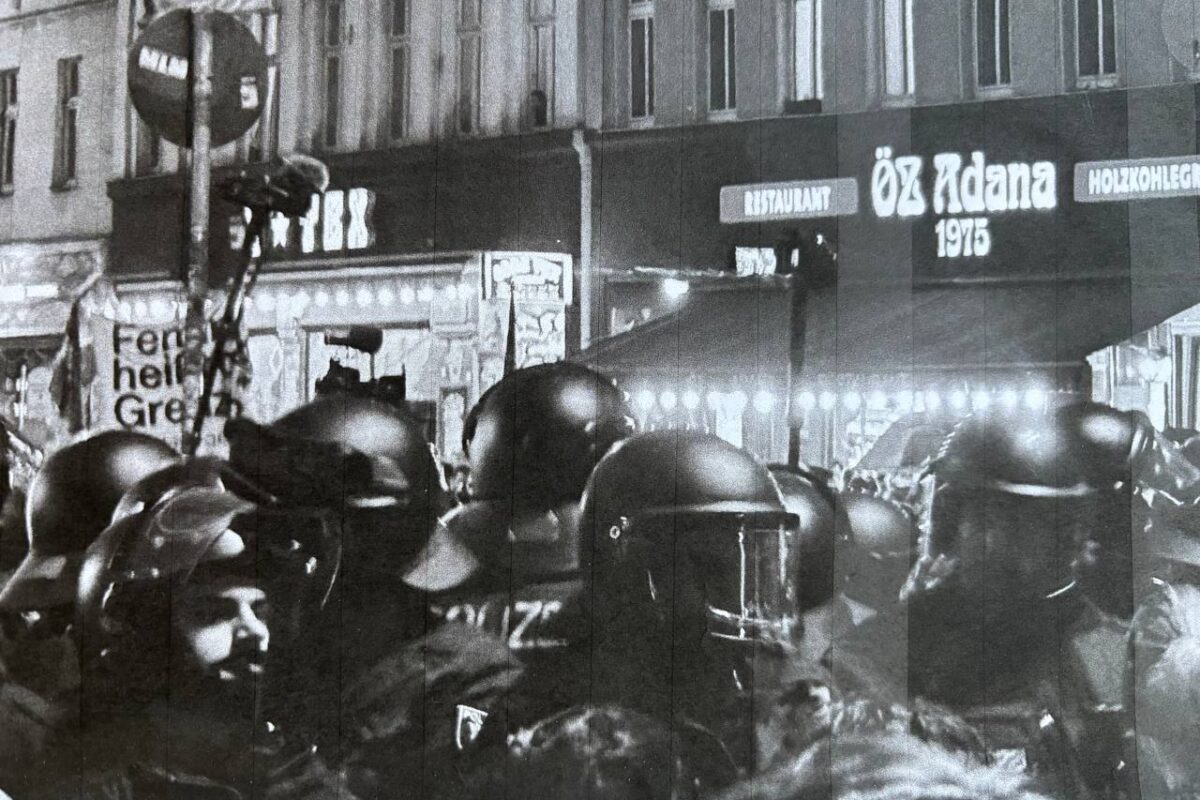
In Germany, repression of Palestine solidarity doesn’t just wear riot gear. It comes in press briefings and policy memos, in visa denials and cancellations, in shifting legal justifications that twist basic rights into instruments of exclusion. A protest chant becomes evidence of extremism. A campus lecture is ruled “too political.” Decades-old slogans are reclassified overnight as support for terrorism. It’s not incidental. It’s systemic and a multi-layered effort to stigmatise, intimidate, and isolate those who speak out for Palestinian rights.
Part of an ongoing colonial pattern, this climate didn’t appear overnight. The European Legal Support Center (ELSC) was founded in 2019 to initially track how Palestinian civil society organisations in Palestine were being targeted by European governments. But as the same strategies of repression began to take root in Europe, and particularly in Germany, the ELSC broadened its focus to include the growing crackdown on anyone speaking out for Palestinian rights.
Revealing the institutionalised criminalisation of Palestinian solidarity, the ELSC’s Index of Repression in Germany currently documents more than seven hundred incidents affecting thousands of people, across multiple categories.
We spoke to Layla Kattermann and Sophia Hoffinger of the ELSC about how the index came to be, how repression in Germany has intensified since October 7, and why tracing both the incidents and the shifting legal framings is key to understanding how silencing becomes socially and institutionally normalised.
Hi, please can you introduce yourselves and what your roles are in producing the Index?
Layla: My name is Layla Kattermann, and I’m the Monitor Project Manager at the ELSC. I’ve been managing this project for a couple of years now. In the beginning, it was just me, but now we have a full team of monitor officers and data researchers in several countries.
Sophia: I’m Sophia Hoffinger. I joined the ELSC this year as the Germany Monitor Officer, working with the monitor and research department. I’ve been involved in data verification and writing summaries of some of the selected incidents you see on the platform.
You’ve been tracking repression since 2019. How did the ELSC’s monitoring work develop into what is now the Index of Repression?
Layla: Since the establishment of the ELSC in 2019, we were very aware of the need for this kind of research, especially in light of the attacks that Palestinian civil society organisations in Palestine were facing from Europe. So initially, we were tracking the oppression they’re facing before expanding the research to also include the repression of people who speak out for Palestine across Europe.
At first, we had a strong legal focus. We looked at how the law is used, how it’s interpreted, and how it’s developed to violate fundamental rights when it comes to Palestine. But a couple of years ago, we started to include forms of repression that don’t make it to the courtroom and that don’t cite any law or policy. So now we focus more on the impact of smear campaigns, and many other forms of repression that lead to mental distress, financial and professional pressure, and ultimately, self-censorship. And of course, we also try to track who’s behind the repression.
Did you see a shift in how repression presents itself in Germany after October 7?
Layla: In terms of mechanisms of repression, no. The mechanisms existed well before October 7, but because the movement has grown, what changed was the scale and the visibility. On the legal level new policies were introduced and existing ones were reshaped or reinterpreted, but we didn’t have to invent new categories or allegations.
Sophia: Yeah, maybe to just give some examples, after October 7, we saw a lot of emphasis on different kinds of parliamentary resolutions encouraging the state to use all mechanisms of migration law and criminal law to persecute people in the name of fighting antisemitism.
Layla: What we’re seeing now is unprecedented in terms of scale and visibility, but it’s a continuation of trends that began years ago, just like the implementation of the IHRA definition, anti-BDS motions, and the criminalisation of political slogans. Take “From the river to the sea”: people were charged for it before October 7 under allegations of antisemitism or incitement to hatred. Now it’s being treated as a symbol of a banned organisation. So the repression isn’t new, it’s that the legal justifications are shifting. There have been constant developments just to keep violating fundamental rights.
Sophia: Right, and those shifts in framing are important to track. In 2019, BDS was criticised for supposedly echoing the fascist-era boycott against Jewish citizens. After October 7, it started being described as a form of secular Palestinian extremism, which is something very different. And just recently, it was labelled “anti-constitutional” by the domestic intelligence agency. So we ask, where did this allegation start? Why did it change?
Has there been any public or institutional pushback on this constant reinvention and reframing?
Layla: There have been some. For example, last summer, when the German domestic intelligence agency, the Verfassungsschutz, designated BDS a suspected case of extremism, the UN Special Rapporteur on counterterrorism and human rights wrote to the German government, asking them to justify why, but the concerns weren’t directly addressed. So yes, there has been pushback, but it hasn’t been widely picked up yet. I think it’s also becoming normalised how repressive Germany is, which is a problem. Activists in Germany accept a lot more forms of repression that shouldn’t be accepted. So much so, we’re seeing people in other countries say “Well, it’s not as bad as Germany yet.”
In what other ways have you seen repression becoming normalised?
Layla: A good example is the Berlin Four, the EU and US citizens who faced deportation. In the end, they won their cases and weren’t deported, but the fear had already been instilled. That’s the point: you don’t have to deport everyone. Just one or two public cases are enough to send a message, especially to people without European citizenship.
You can also see the effect when you look at how the size of demonstrations has changed over the past year. The mechanisms of fear have worked. And it’s not just about threats, it’s also the legal ambiguity. People don’t know what they’re allowed to say or do around Palestine anymore. That uncertainty is part of the repression strategy. Even when courts rule in someone’s favour, like in the Berlin Four case, the damage is already done.
Sophia: Yes, and I think the Berlin Four case is also a good example of how what’s considered “shocking” is changing. One potential effect of a case like this is that it contributes to normalizing the deportation of people who aren’t EU or US citizens. People were shocked that EU or US citizens might be deported but there’s much less outrage about, say, the deportation of Gazans to Greece. That kind of selective response risks legitimizing racialised state violence. And that’s really the danger with how this repression expands, it changes what gets seen as normal, and what gets quietly accepted.
Some people also reacted as if Germany is simply adopting US-style repression. But that’s misleading, repression in Germany has its own logic. The state normalizes it by invoking mantras like “reason of state,” and that framing lets almost anything become acceptable.
But I don’t think we should assume people are just passively accepting this repression. Many aren’t. People are resisting. They’re refusing to be intimidated and that’s important to say too.
Are certain types of repression harder to document than others?
Layla: Yes. What’s especially difficult to document and verify is repression that happens inside institutions or companies, what we call internal sanctions in the workplace. These usually don’t rely on the classic allegations like antisemitism or support for terrorism. Instead, they use more subtle justifications, like saying an event about Palestine is “too political” for the institution, even if it’s taking place on a political science campus, or claiming it’s not “neutral” enough to be allowed.
To prove discrimination, we’d have to show that these house rules are applied inconsistently. For example, discussions on Russia and Ukraine are allowed without similar scrutiny but we don’t systematically monitor other events, and that kind of comparative tracking is often outside the scope of our research. So it becomes much harder to verify that the event was shut down because of its focus on Palestine.
In the Index, you describe how state and non-state actors align organically to suppress dissent. Can you give examples of how that plays out in practice?
Layla: Yeah, I think the most visible example is the media. They often do the initial stage work for something to be criminalized. So you will rarely see anyone being criminalized, or any group being banned, or any demonstration being banned without the work of the media weeks ahead, setting the narrative and manufacturing the consent for the acceptance of that ban and repression that will then come at a later stage.
The media sets up the public to accept what comes next. You also see it in event cancellations. A pro-Israel organization might send a letter to a university that’s already approved an event, and then suddenly the university retracts its decision and cancels it. In that moment, the institution becomes an enabling actor in the repression.
Sophia: One really strong example is with larger events like The Palestine Congress. There were smear campaigns ahead of the event targeting both speakers and organizers, which led to some of the organizers having their bank accounts shut down. So basically, private banks followed media pressure, which then escalated to police presence on the ground.
At the same time, there were restrictions on freedom of movement. Some participants received Schengen-wide visa bans, like Dr. Ghassan Abu-Sittah, who only became aware of it when he tried to enter France. And then the venue itself pulled back. Before the event began, they suddenly raised safety concerns and reduced the allowed capacity. So all these kinds of things come together, and that’s what we mean when we say they work organically, because they all coincide in these ways.
So it’s like a domino effect? Where actions from one sector, like the media or a university, trigger others to respond with their own forms of repression?
Layla: It’s something we try to find evidence for but it’s really hard. And it actually connects to your earlier question about what kinds of repression are hardest to document. We know there are internal letters being sent but we often don’t know by whom, or when, or why they’re being used at that moment.
So we’ll have a case where an institution expels someone or launches an investigation, but we don’t get access to the original letter that triggered it. Where it’s more obvious is in immigration office interviews, especially for people without German citizenship. They’re often asked directly about their political contacts or whether they attended specific demonstrations. That means someone is providing information ahead of time, before a visa renewal appointment.
So we have a lot of hints that there are letters and information being collected about individuals and then sent to their workplace. But it’s difficult for us to document where they come from exactly and who is behind it.
Sophia: But sometimes it is clearer. For example, there are documented cases where events were cancelled after pressure from local antisemitism commissioners. One well-known case is when Achille Mbembe was disinvited from speaking at the Ruhrtriennale.
First, a very well-known conservative blog called Ruhrbarone published allegations about him. Then a local FDP politician, Lorenz Deutsch, who was also the regional antisemitism commissioner — picked it up and started putting pressure on the organizers. After that, Felix Klein, the federal antisemitism commissioner, joined in. And of course, the media amplified it.
You can also see this on a legal level. For example, pro-Israel think tanks like the Tikvah Institute organized an event series last year on expanding criminal law to counter antisemitism. They specifically invited members of the Berlin police and state prosecution office. So sometimes you can trace this coordination very clearly, not just informally but institutionally.
Layla: Another example is the ongoing exclusion of the Nakba exhibition from the evangelical Kirchentag program. It had been included every year since around 2008. But then in 2013, the German-Israeli Society published a brochure claiming that speaking about the Nakba is antisemitic, among other things. Years later, you see the antisemitism commissioner targeting the exact same exhibition, using very similar language, sometimes even the exact same sentences from that brochure. It’s not always explicitly cited, but you can tell where it’s coming from.
Sophia: And that’s what we’re trying to show through the Index of Repression. We have many individual incidents, but for some we go deeper and we feature them to show how different layers of repression unfold: who said what, when it was picked up, how it escalated, and what consequences followed.
Part two of this article will be published on theleftberlin.com soon
Strikers say that Participation and Solidarity were Key to Union Victory
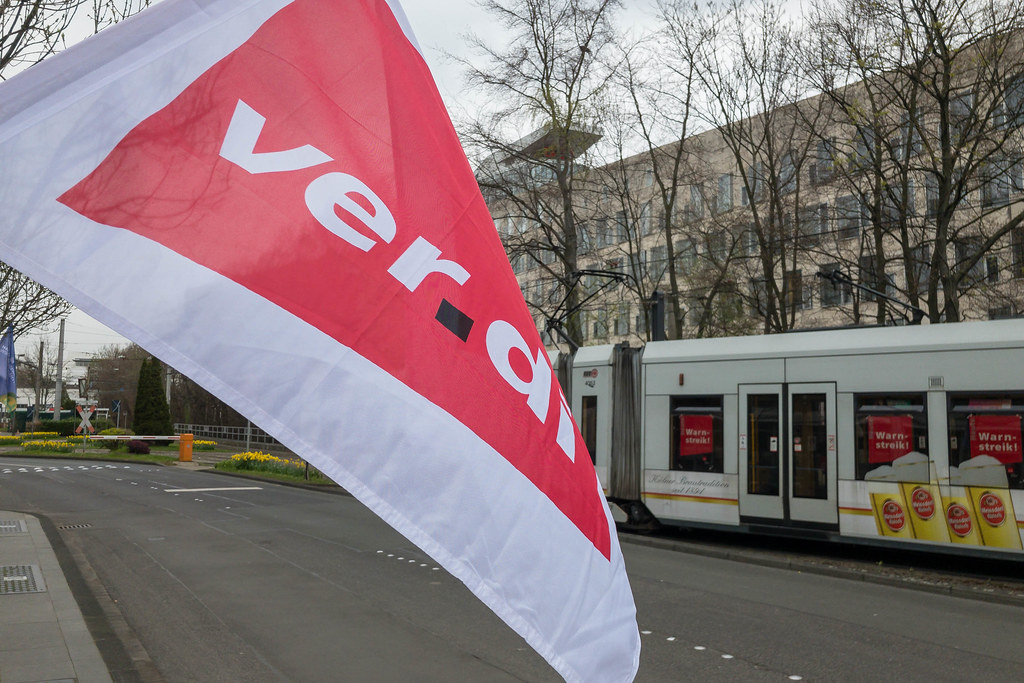
Striking workers at the Charité hospital have won an important victory. After three months of strikes, their employer has agreed to hefty wage increases. Pay will be raised in stages, to reach 100% of the general public sector scale by 2030.
The workers involved are ancillaries at the Charité teaching hospital’s three main sites in Berlin—the Charité itself in Mitte, the Virchow Hospital in Wedding, and Campus Benjamin Franklin Steglitz. Essentially, the ancillaries do all the non-medical work required to keep the hospital running: cleaning, kitchens, security, transport, technical services, stock-keeping, sterilisation, and administration. Although essential to the hospital’s functioning, their jobs were outsourced in 2005 to a subsidiary, Charité Facility Management (CFM). Their pay and conditions are considerably worse than those of their colleagues employed directly by the Charité, who fall under the general public service pay agreement (Tarifvertrag öffentlicher Dienst, or TVÖD). According to the union Verdi, the pay gap is up to €700 per month.
One factor that brought the dispute to a head this year was the inflation shock of 2022–23, which cast a stark light on the pay shortfall. Another was Berlin Mayor Kai Wegner’s broken promise. After a determined political and media campaign by union activists, Wegner committed to reversing outsourcing. He has the power to do so, as the city owns the hospital. But during his first two years in office, he did nothing.
CFM employs 3,500 workers. Of those, 3,200 were affected by the dispute (300 were already paid according to TVÖD for various reasons). About half the workers at CFM are members of Verdi. After a series of shorter stoppages in March, an indefinite strike began in early April. It was to continue for eight weeks.
The number of individuals on strike at any one time was seven or eight hundred. That is one very notable thing about this dispute. It was conducted successfully by a (large) minority of the workforce. As it turned out, having a quarter of the workforce on strike was enough to disrupt normal operations. Operations had to be cancelled due to inadequate cleaning or a lack of sterilised instruments. Additionally, other staff, particularly nurses, were not happy to be made to clean wards and transport patients.
So, what were the keys to success? I spoke with works council member Sascha Kraft, who has been building the union Verdi at CFM since 2008. Preparation was crucial. Union activists have been building for this for years, gathering strength through a series of smaller disputes over pay and conditions. In the nine months leading up to the big strike, Verdi recruited 900 new members, bringing the total to 1,500. The strike began with a 99.3% vote to walk out.
As he told me, active participation was central. Striking workers manned the picket lines, and there were regular strike demonstrations, for example, to rally outside the offices of the responsible city officials or the Charité’s executive board.
The strikers were fully involved in decision-making. Many matters were voted on at mass meetings, especially when it needed to be fast. There was also a system of sector reps to make decisions on a broader basis and ensure that information flowed in both directions. And the negotiating committee itself was composed of active striking workers.
Unity was essential, of course. Sascha mentioned that the strike involved workers from eighty different nations. Verdi activist Agnieszka spoke to a conference of strike supporters about her experience building for the strike: ‘I found that we are all the same really, that we often have the same troubles, the same dreams. No matter what country we come from, what languages we speak, what colour our skin is, or what god we believe in.’
Solidarity was necessary, too. Under the specific circumstances, picketing other workers out at the hospital was not on the cards. However, Sascha mentioned that it would have been nice if Verdi had called a couple of hundred nurses out in solidarity—the nurses were being pressured to do cleaning and transport work. In effect, CFM staff who chose not to join the strike were left in peace. Some were persuaded to join as the strike continued.
Fellow workers within the Charité hospitals did provide support and donations, however. Staff at the Vivantes hospitals in Berlin donated €3,000, and €60,000 was collected across Germany. The strike fund was urgently needed to make up the shortfall between strike pay and regular pay. Verdi’s normal strike pay is 60%. Because current pay is so low, even the decision to raise strike pay to 90% still left a gap (not to mention losing weekend bonuses and the like).
Supporters also attended the picket lines and demonstrations. At the same time, links were cultivated with other workers in dispute—the BVG transport workers and the general public service pay round. As Sascha said, coordinating a strike together would have been good, but that did not really work out.
The employers caved on Friday, 6 June, although the union members must still approve the settlement. The result of their vote should be announced around 4 July. Approval is expected. The main result is that pay will be increased in increments to reach 100% of TVÖD by 2030, including any increases in TVÖD in the interim. And pay will be increased to 88% of TVÖD with immediate effect, as well as a one-off payment of €300. The immediate increase in monthly income will be between €100 and €800.
The situation with conditions and grading is the fly in the ointment. Here, the agreement does not foresee general application of the relevant parts of the TVÖD. And the workers’ demand for the right to full-time employment has not been satisfactorily resolved. As strike leader Sascha said, ‘We’ll have to fight on for that.’ And he hopes that this dispute ‘could spark a blaze in Germany’. Similar grievances are certainly on the table.
At Helios Berlin-Buch, 40 therapists have been on indefinite strike since Monday, 19 May. This is another outsourcing story. Because they are employed by a subsidiary (Helios Therapie Ost), their pay is up to €1,500 per month lower than colleagues doing the same work for the same hospital group at Helios Emil von Behring in Berlin-Zehlendorf. They are demanding equality of pay and conditions. So far, Helios has offered just 1% towards a pay gap of 47%.
Outsourced ancillaries at Berlin’s Vivantes hospitals are preparing for action over the same issues. The union campaign has started, and action is expected early next year. As Sascha told me, CFM workers will support them and intend to donate what remains in their strike fund.
The strike at CFM should serve as an inspiration for others. As Ganimete, a CFM cleaner and union activist, put it: ‘When we strike, I feel my strength. And the strength of my workmates.’
“ADIRA” is a slang term in Arabic, used in the Levantine queer culture, signifying someone with a strong presence who is capable and accomplished.
ADIRA is a queer Arabic-pop club night and collective. Founded in 2023 by Lebanese artist Hassandra and Syrian-German podcaster Zuher Jazmati, aka xanax_attax, ADIRA is a self-organized club night series that challenges orientalist stereotypes and embraces the diversity of queer Arab* identities.
Our mission is to revive the nostalgia of 80s’, 90s’, and early 00s’ Arabic-pop music, paying homage to iconic divas like Nawal Al Zoghbi, Haifa Wehbe, and Assala, alongside the unforgettable one-hit wonders from Melody Hits. As a collective, we curate community events, panels, drag shows and workshops that aim at strengthening the community as well as at providing more space for individuals to grow.
ADIRA provides a platform for both emerging and established Arab* talents in Berlin and beyond, whether they’re DJs, drag performers or activists. We are committed to creating a safe(r) environment and fostering community connections, welcoming allies and lovers of Arabic music to join us in our celebration of Arab* culture.
*Note: Arab denotes inclusivity of diverse identities and ethnicities within Southwest Asia and North Africa.
Initiated by artists in Gaza and the Forbidden Museum in Ramallah, the Gaza Biennale is a decentral, global art project shown in multiple places worldwide throughout 2025. It creates a platform for Gazan artists in a moment of unthinkable violence inflicted upon them. Its Berlin Pavilion | jinnah unfolds in collaboration with spaces and collectives marked by community work, solidarity, and care to elevate the voices of artists from Gaza in a time when it is most pressing that they are heard.
This fundraising event with ADIRA aims to make the Berlin Pavilion a reality. Artists in Gaza have kept producing art amidst genocide—creating to find ways to express the unspeakable, exhibiting to resist oppression. Together, we can make sure that their work is seen.
Amidst cultural repression, the Berlin Pavilion of the Gaza Biennale sets out to be more than just an exhibition—it is a practice of autonomy through collective effort. To bring it to life, we need your support, love, and solidarity. So bring your friends and help lay the foundation stones of the Gaza Biennale in Berlin!
ADIRA x Gaza Biennale – Berlin Biennale 2025 are cooperating for a fundraiser event
📍 Where: Panke Culture, Hof V, Gerichtstraße 23, 13347 Berlin
⏰ Time: 6pm – 2am
🎟️ Tickets: At the Door or at tzkrti.com